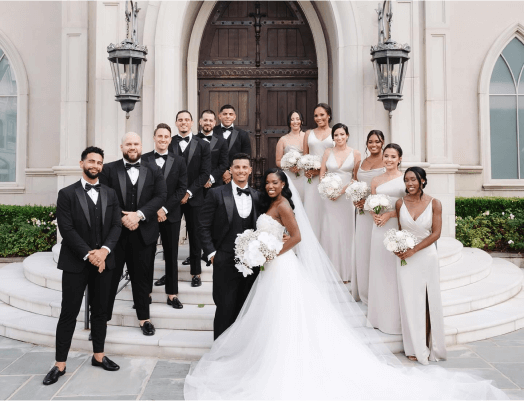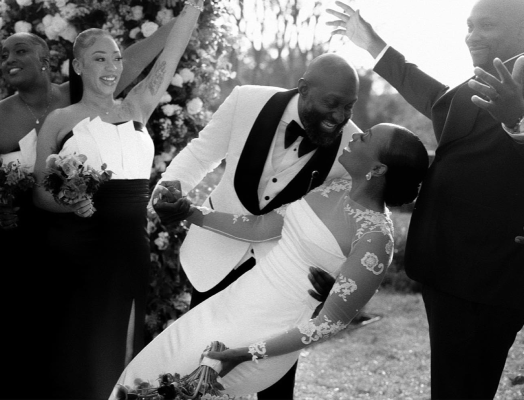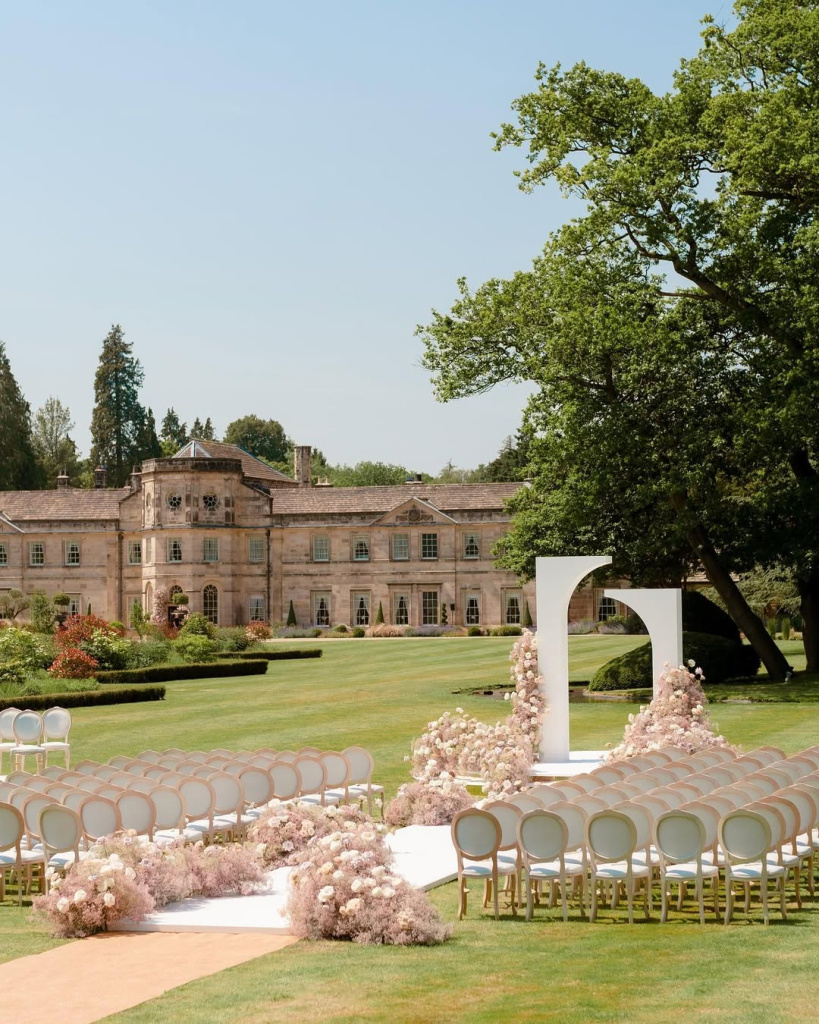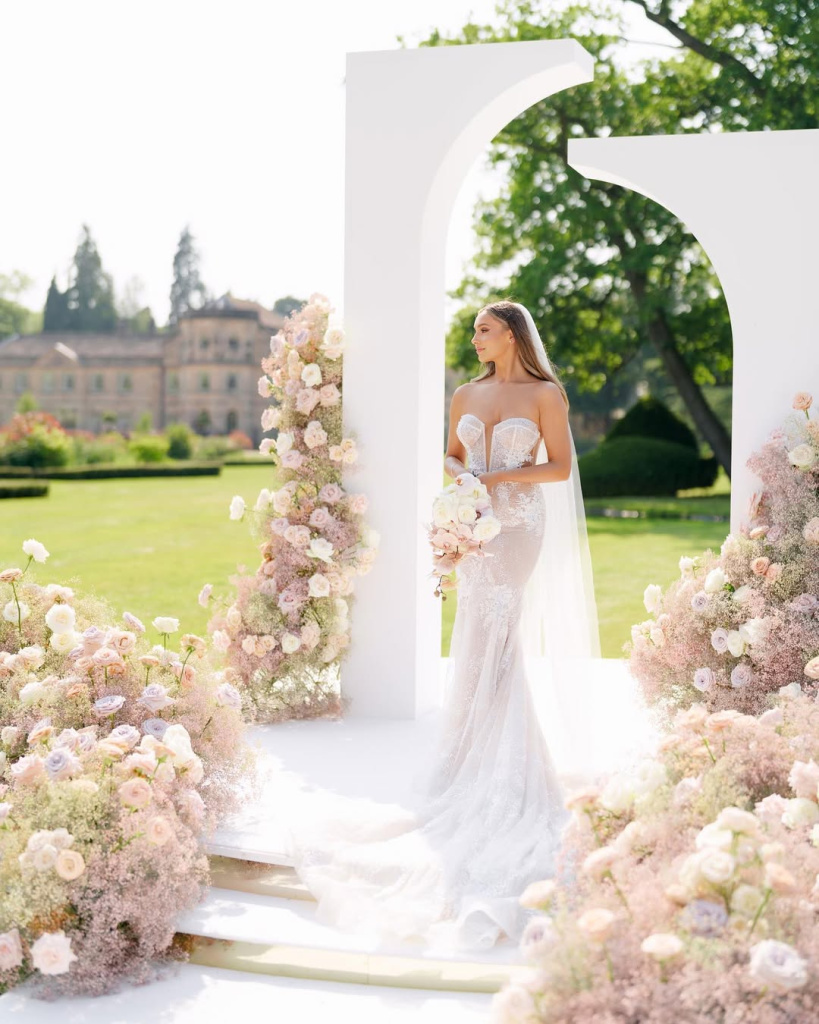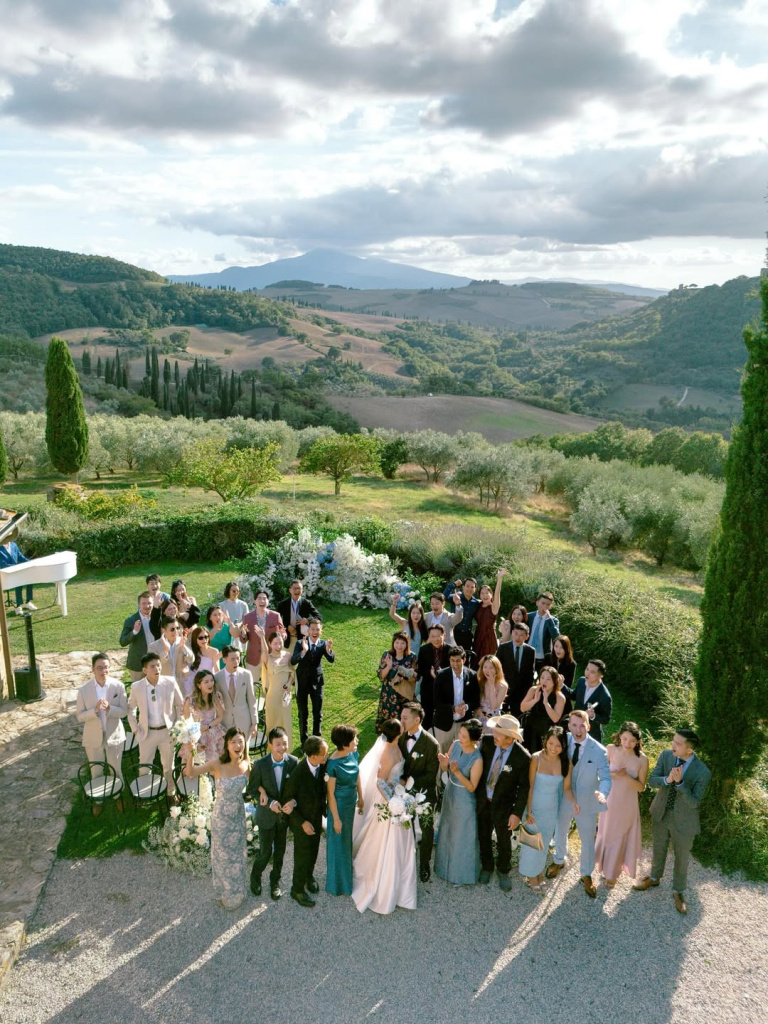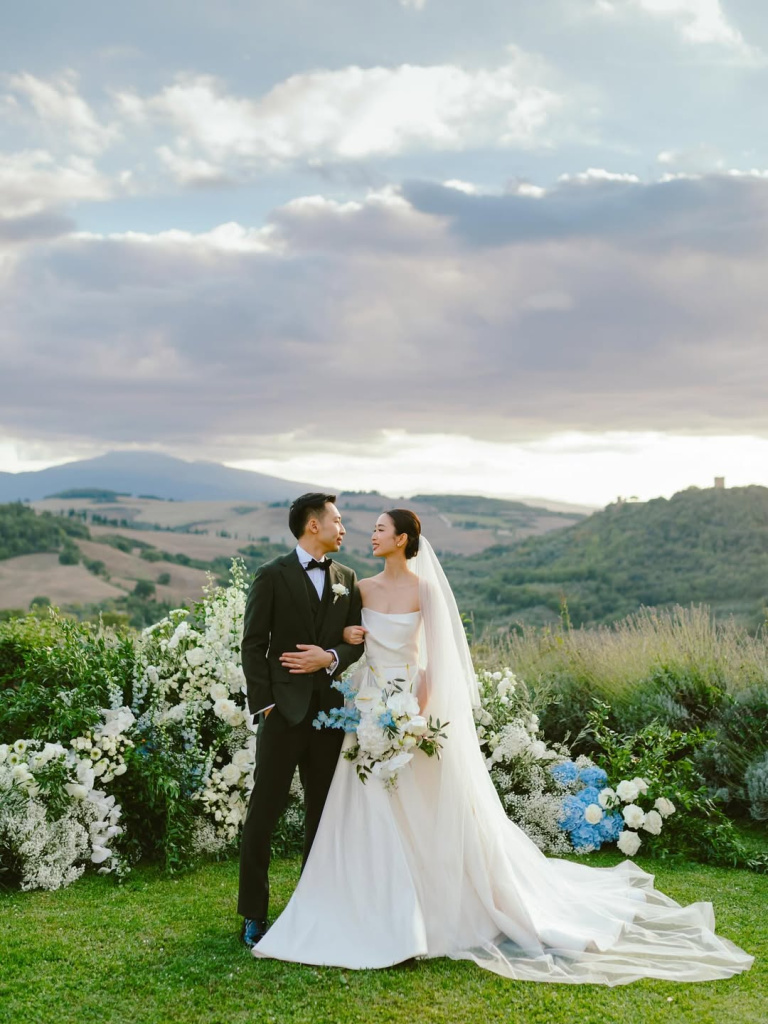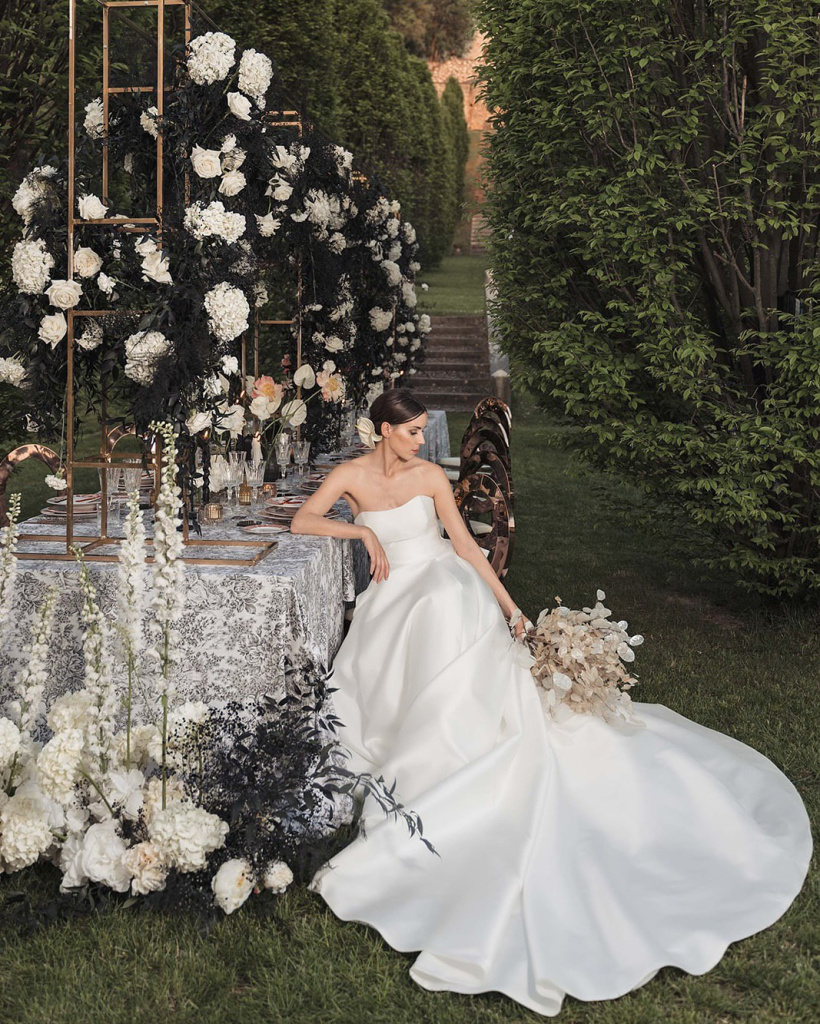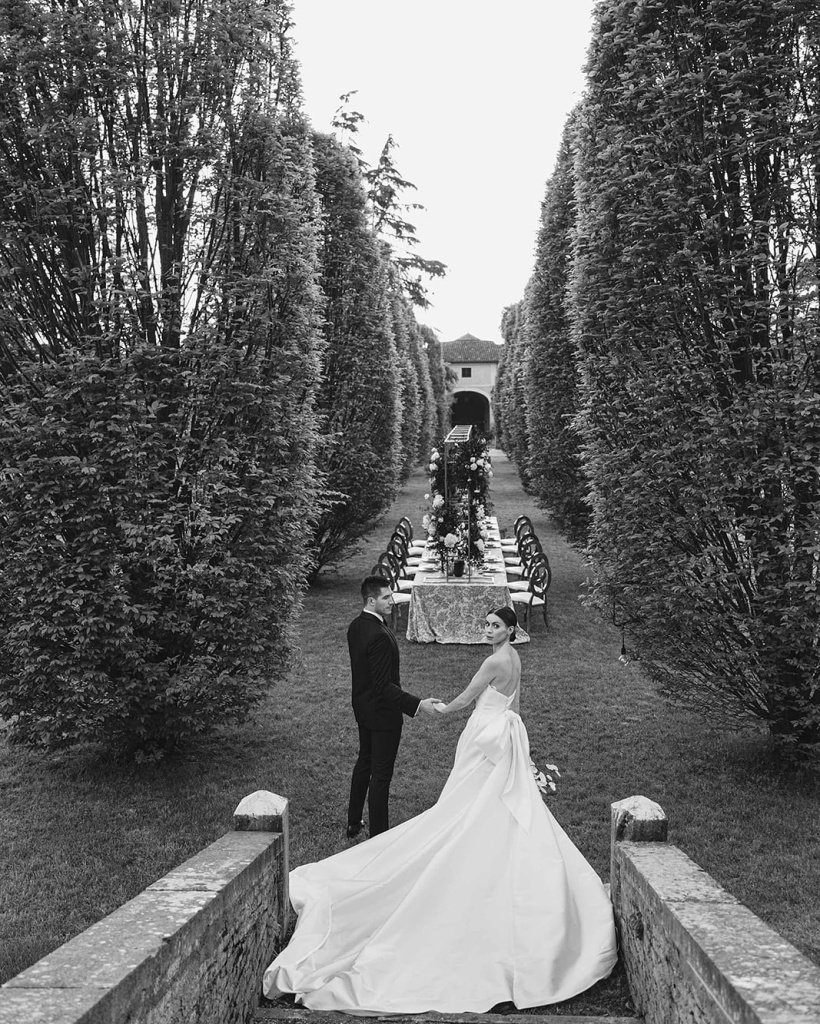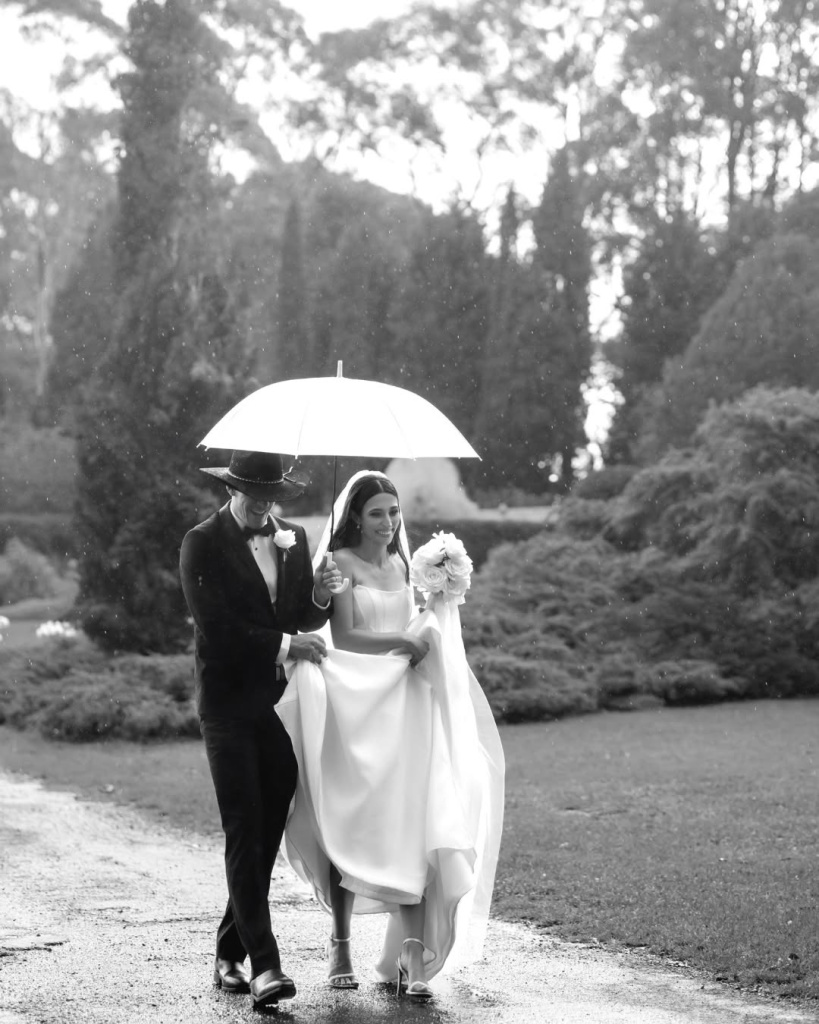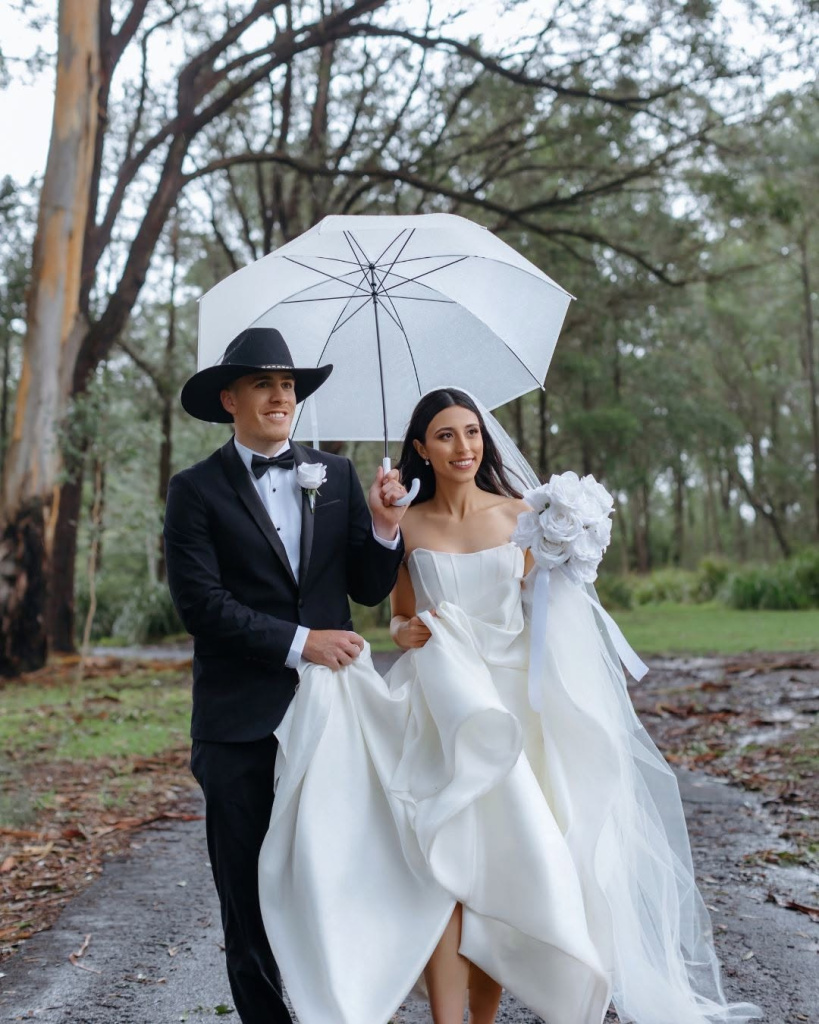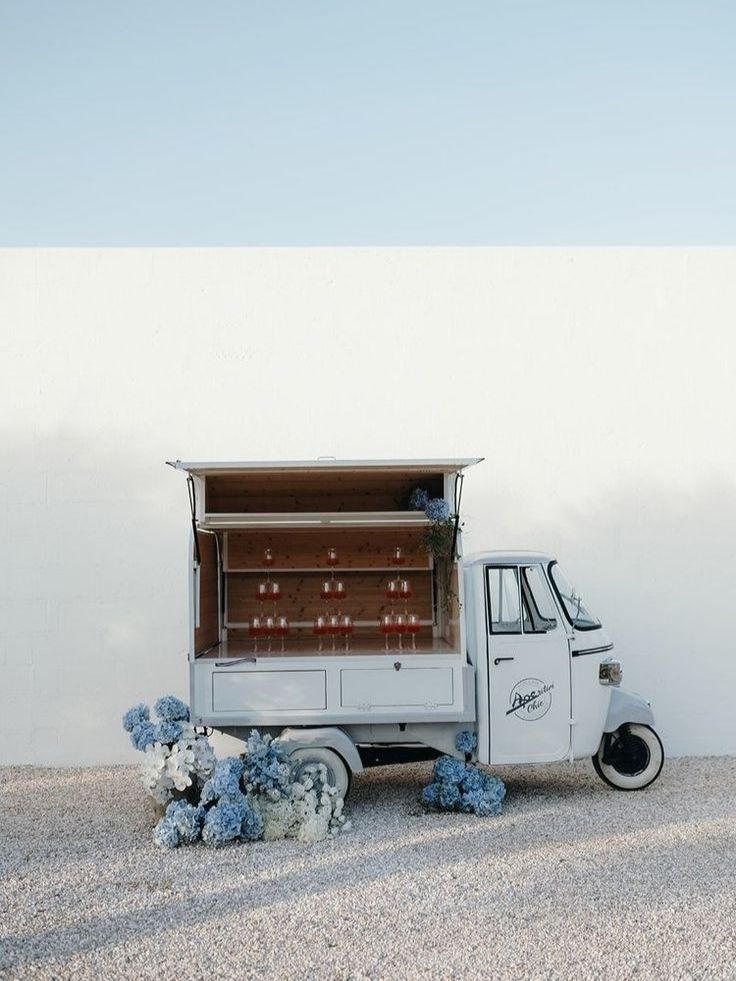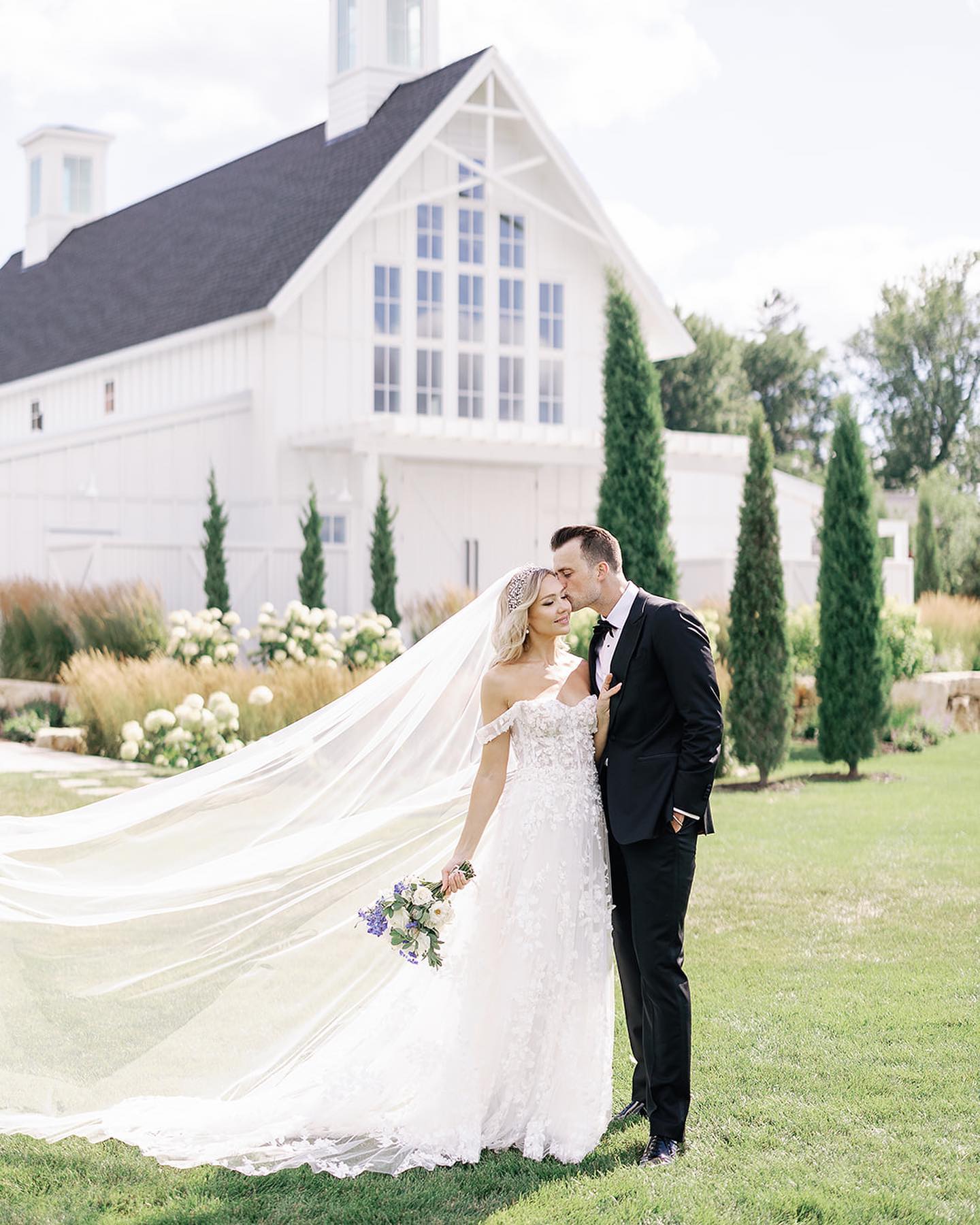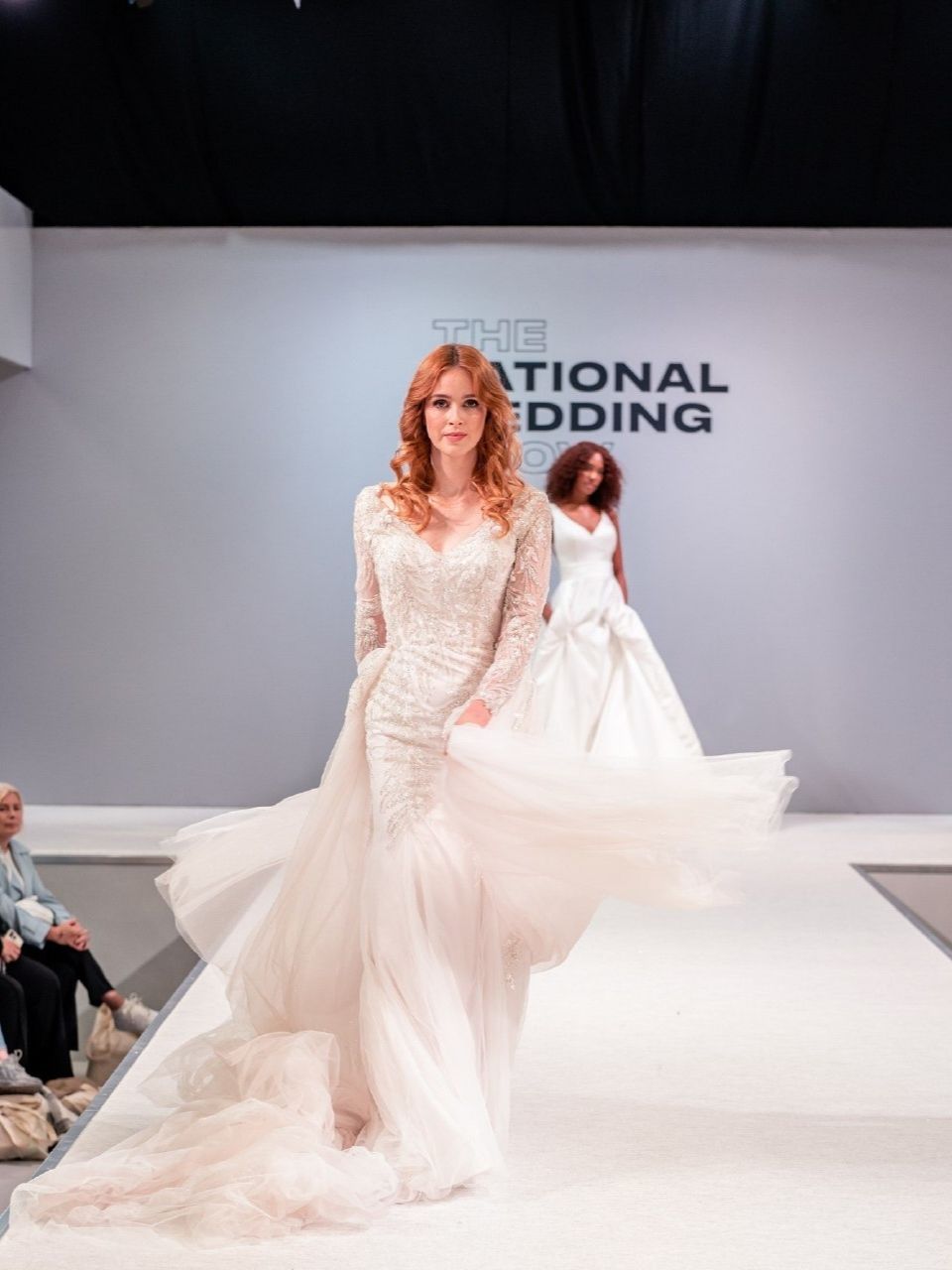How to Plan an Outdoor Wedding
- Author: Natali Grace Levine
- Reading time: 12 min 33 sec
- Publication date: 10/11/2024
- Updated: 12/18/2025
- Choosing the Perfect Outdoor Wedding Venue
- Plan for Unpredictable Weather
- Set the Scene with Decor
- Comfort of Your Guests
- Catering Considerations for Outdoor Weddings
- Music and Sound Management
- Legal Considerations
- Lighting and Power Sources
- Embrace the Natural Surroundings
- Managing Vendors
- Top 30 Tips for Planning an Outdoor Wedding
Planning an outdoor wedding is an exciting yet intricate process that requires attention to many details, ensuring a perfect blend of natural beauty and personal touches. Outdoor ceremonies and receptions offer an unmatched ambiance, whether you're looking at a beach, garden, mountain, or countryside setting. However, hosting a wedding outdoors comes with its own set of challenges, from unpredictable weather to logistics and guest comfort. In this comprehensive guide, we will cover every aspect of planning an outdoor wedding to help you create a flawless day that reflects your style and vision.
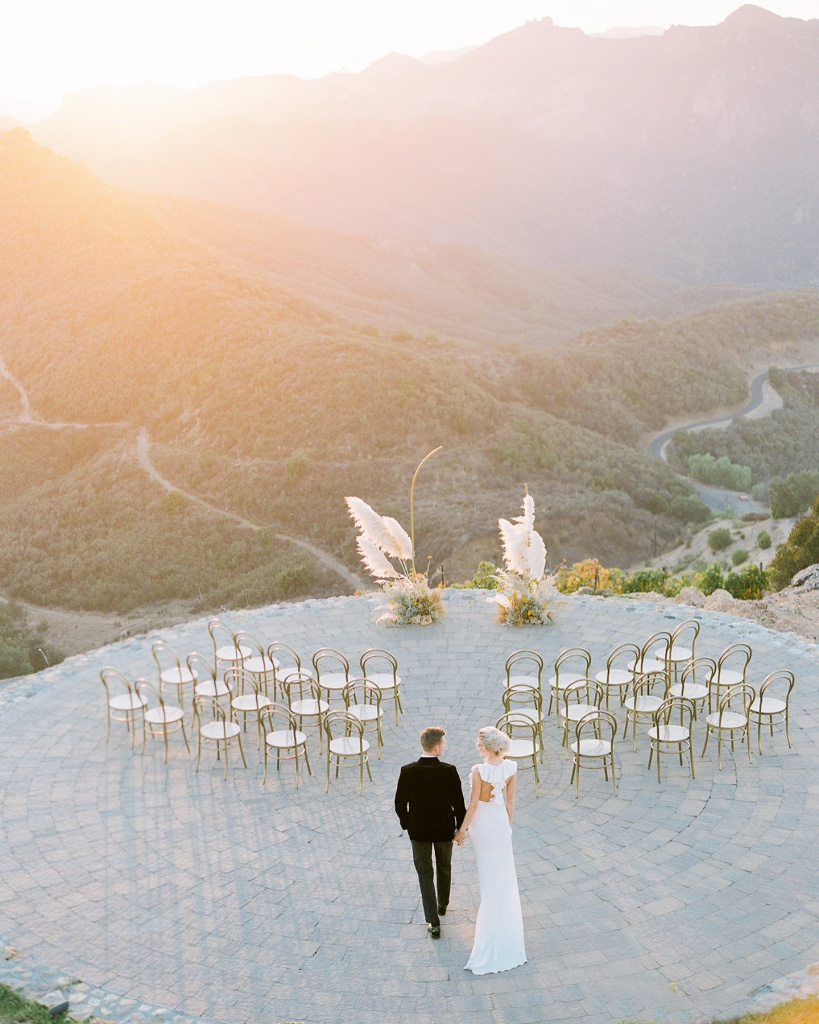
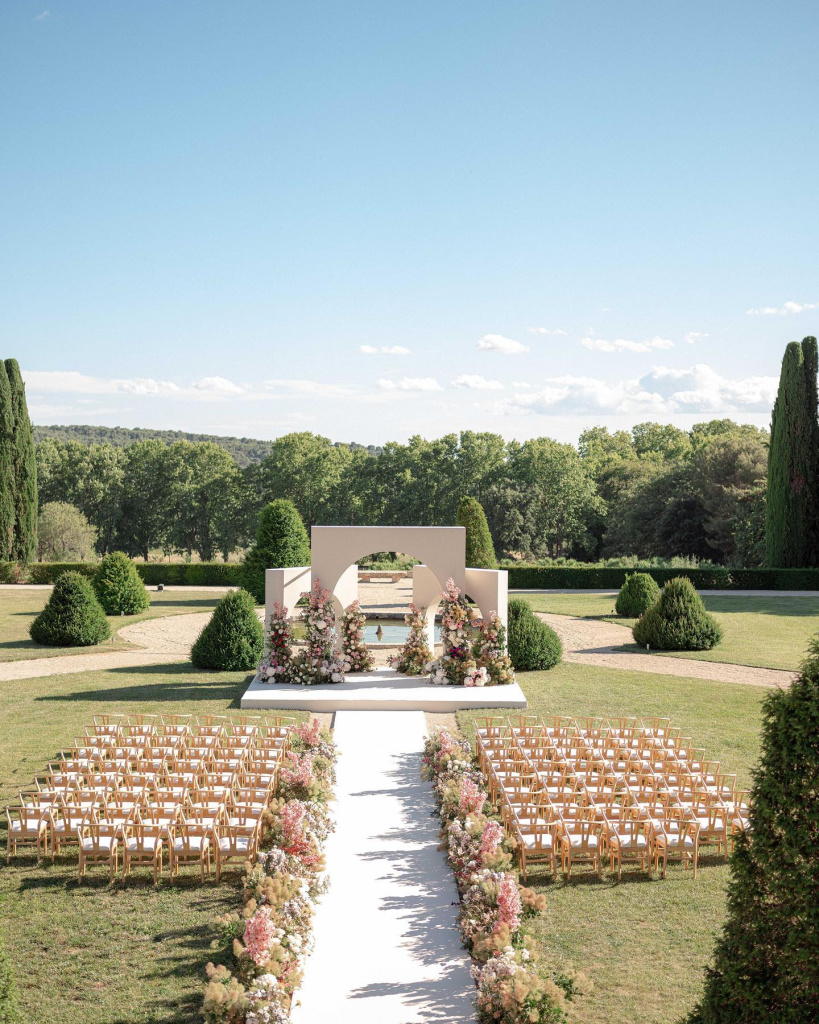
Find Your Perfect Wedding Vendors
Choosing the Perfect Outdoor Wedding Venue
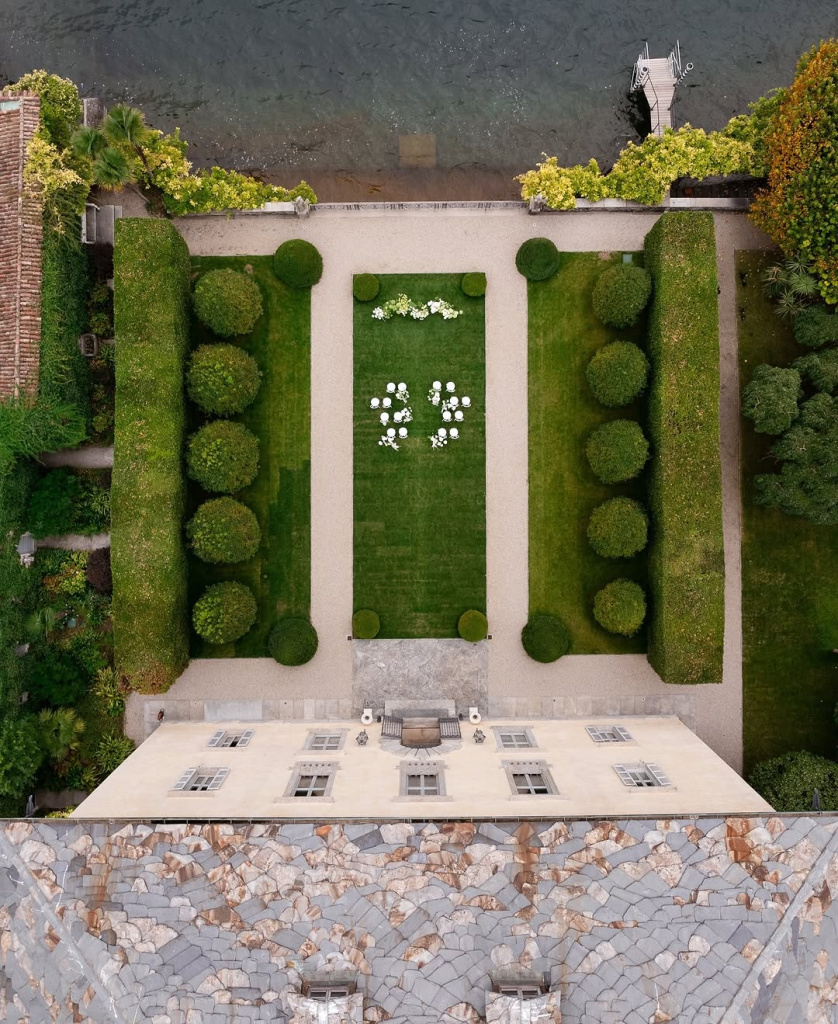
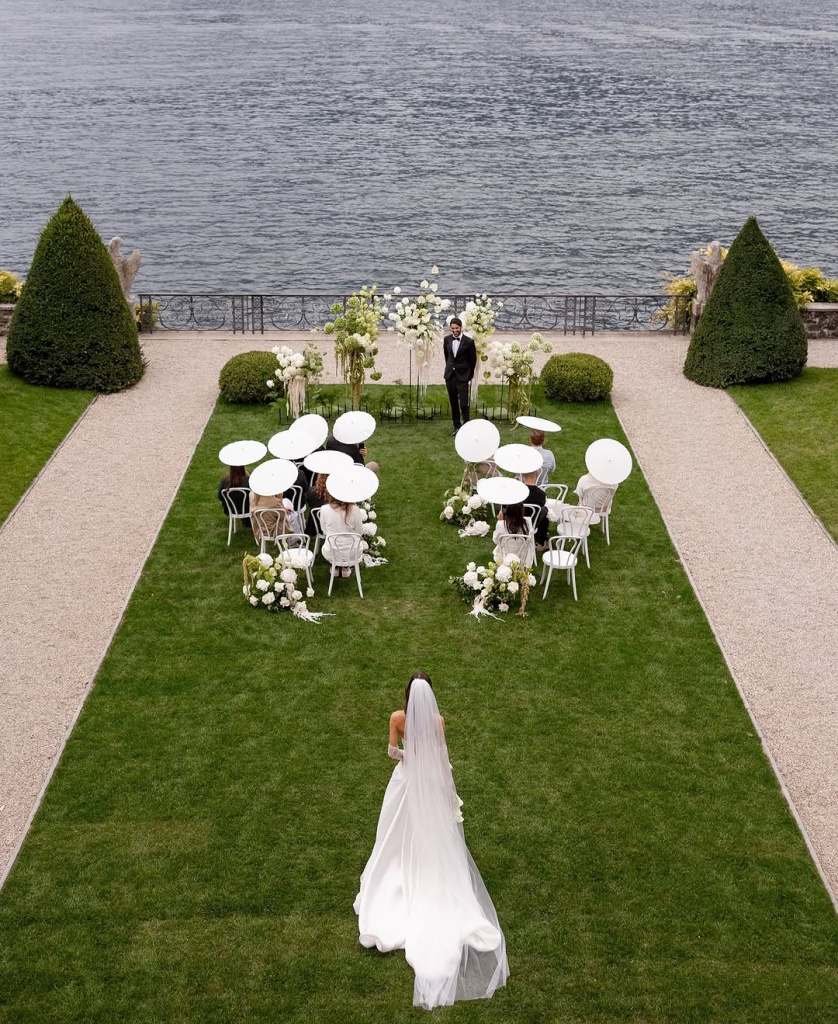
The first step in planning your outdoor wedding is selecting the perfect venue. Consider locations that resonate with your taste and the atmosphere you want to create. Do you dream of a beachside wedding, a lush garden celebration, or a rustic barnyard affair? Each venue offers its own unique charm and should complement your wedding style.
When selecting a venue, consider factors such as accessibility, the number of guests, and whether the location offers amenities like restrooms, electricity, and a backup indoor space. Make sure the venue has permits for weddings and parties, and check if there are any restrictions or noise ordinances that could affect your day.

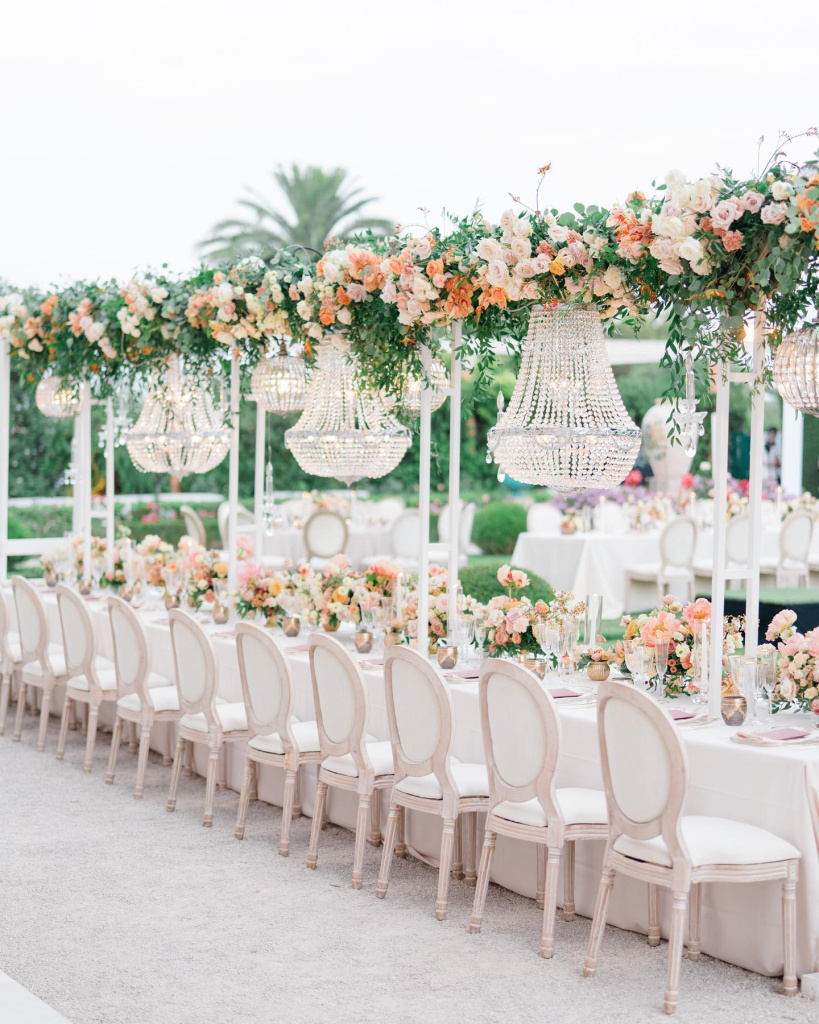
Plan for Unpredictable Weather
One of the most important aspects of planning an outdoor wedding is preparing for the unpredictable. Weather is beyond our control, but with a solid backup plan, you can ensure that rain, wind, or even excessive heat doesn't ruin your special day.
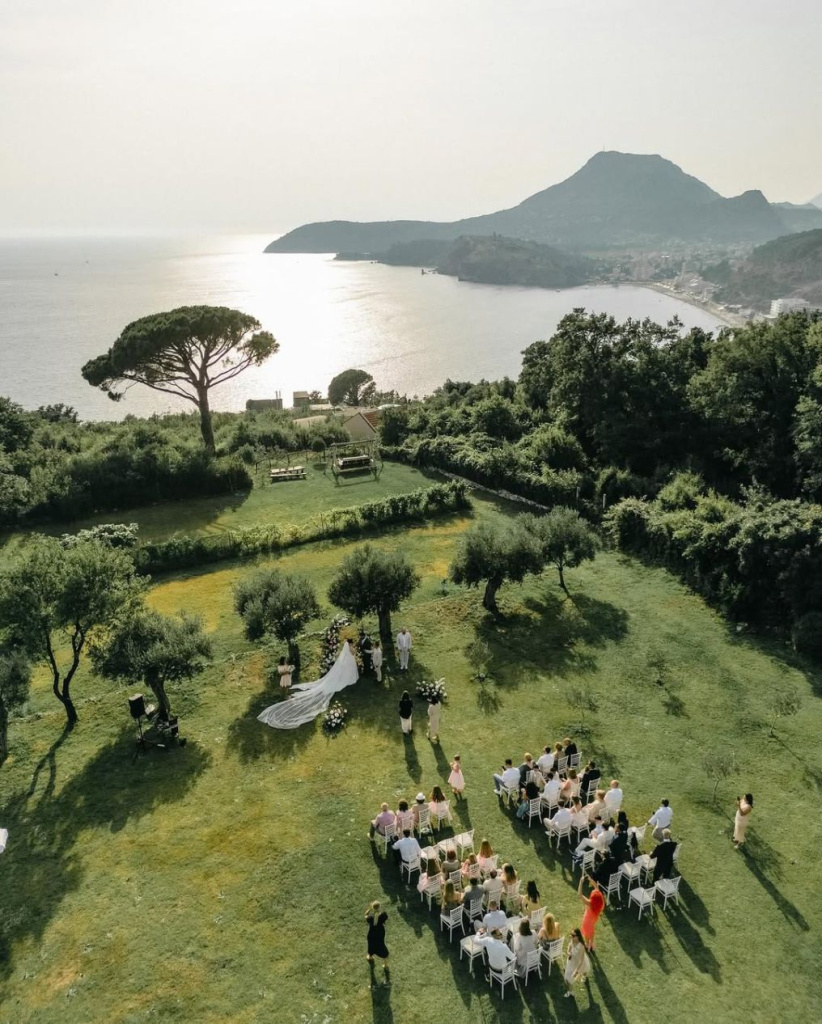
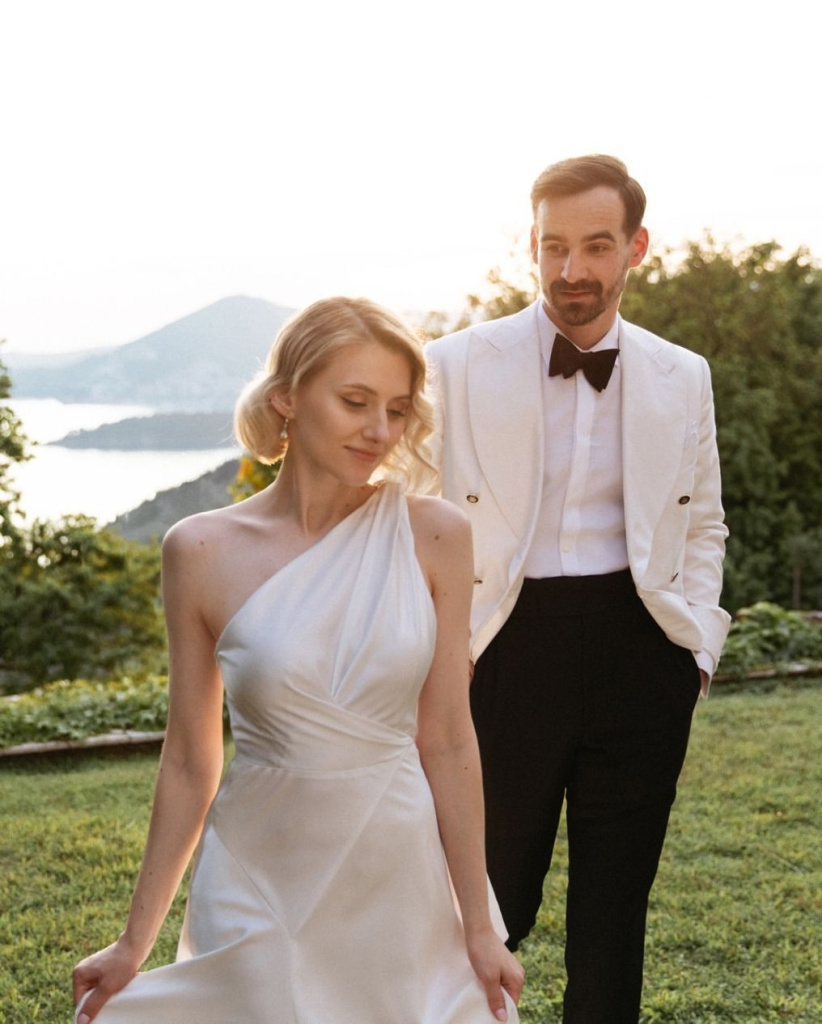
Rent a tent or marquee in case of bad weather, and choose one that complements the size of your guest list. Include features like clear walls for a natural view or side panels that can be rolled up in good weather. Offering umbrellas, shawls, or blankets for guests if it gets chilly is a thoughtful touch. Additionally, have a contingency plan with your vendors to adjust the timeline or relocate parts of the event if necessary.
Set the Scene with Decor
Outdoor weddings allow you to integrate the natural beauty of your surroundings into the design. The venue’s landscape often serves as a breathtaking backdrop, so aim for decor that enhances rather than competes with the environment.
Floral arrangements, lighting, and table settings should complement the outdoor setting. For a beach wedding, you might want flowing fabrics and seashell accents, while a garden wedding could feature lush greenery and vintage-style seating. For evening receptions, consider string lights, lanterns, or candles to create a romantic glow as the sun sets.
Comfort of Your Guests
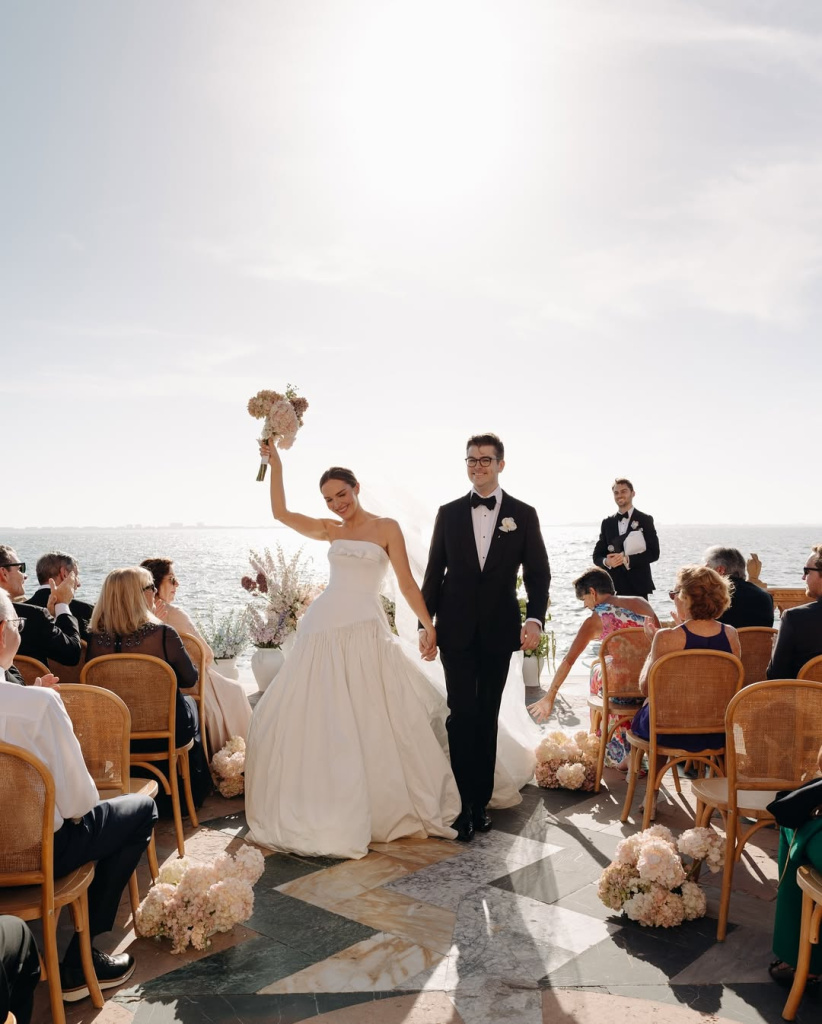
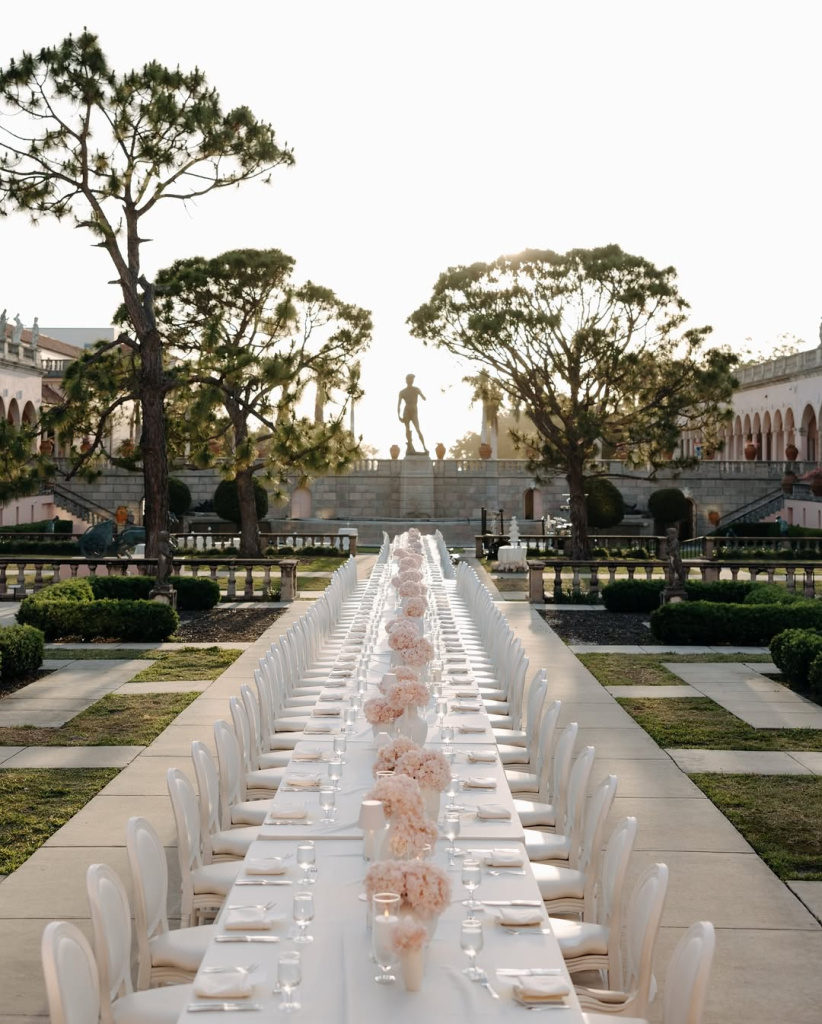
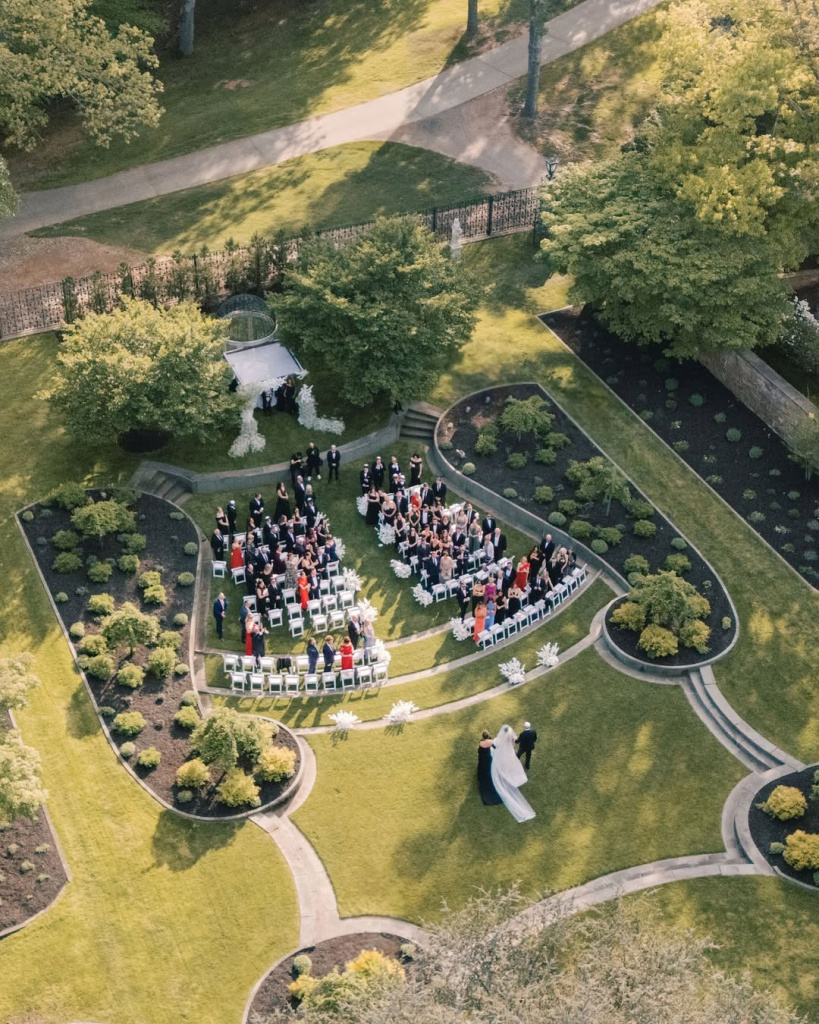
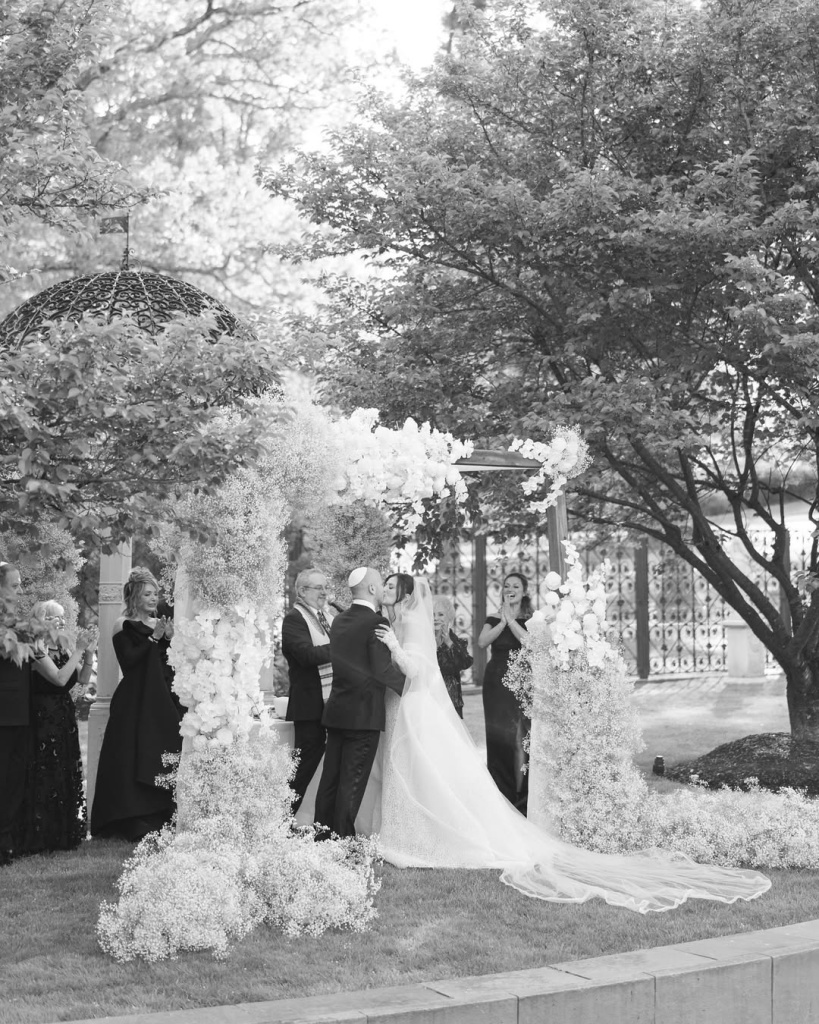
One of the key factors in a successful outdoor wedding is ensuring that your guests are comfortable throughout the day. Since you’re outdoors, be mindful of the temperature, seating, and weather conditions.
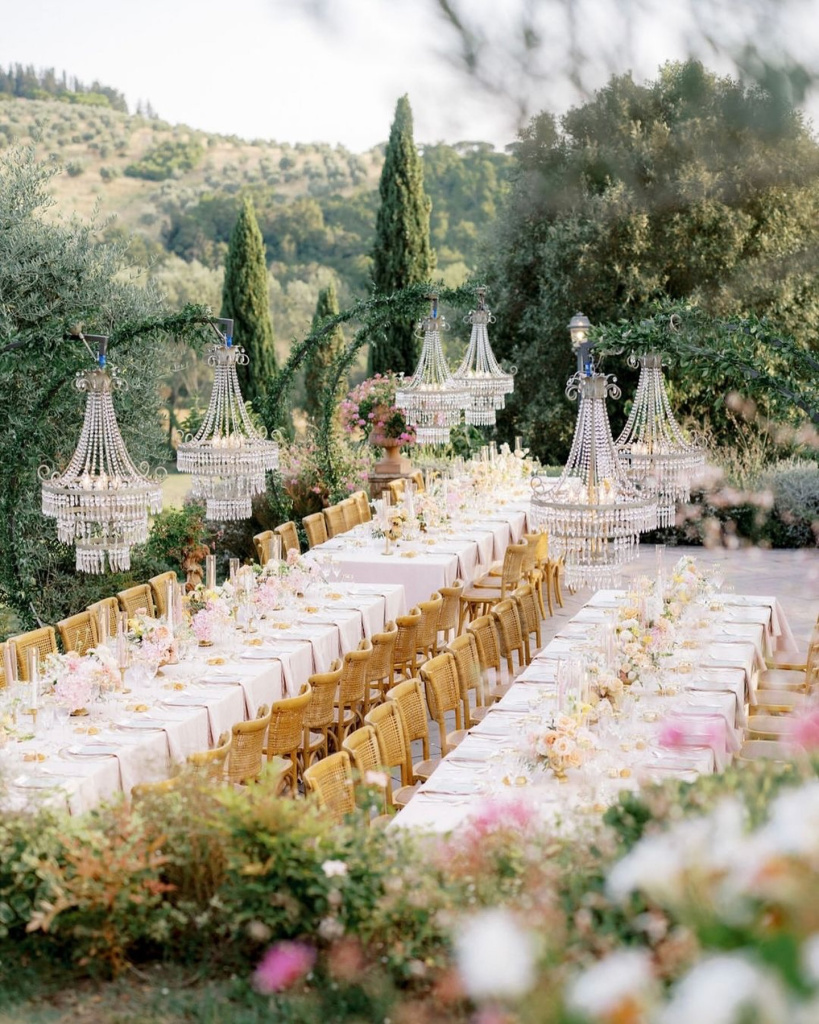
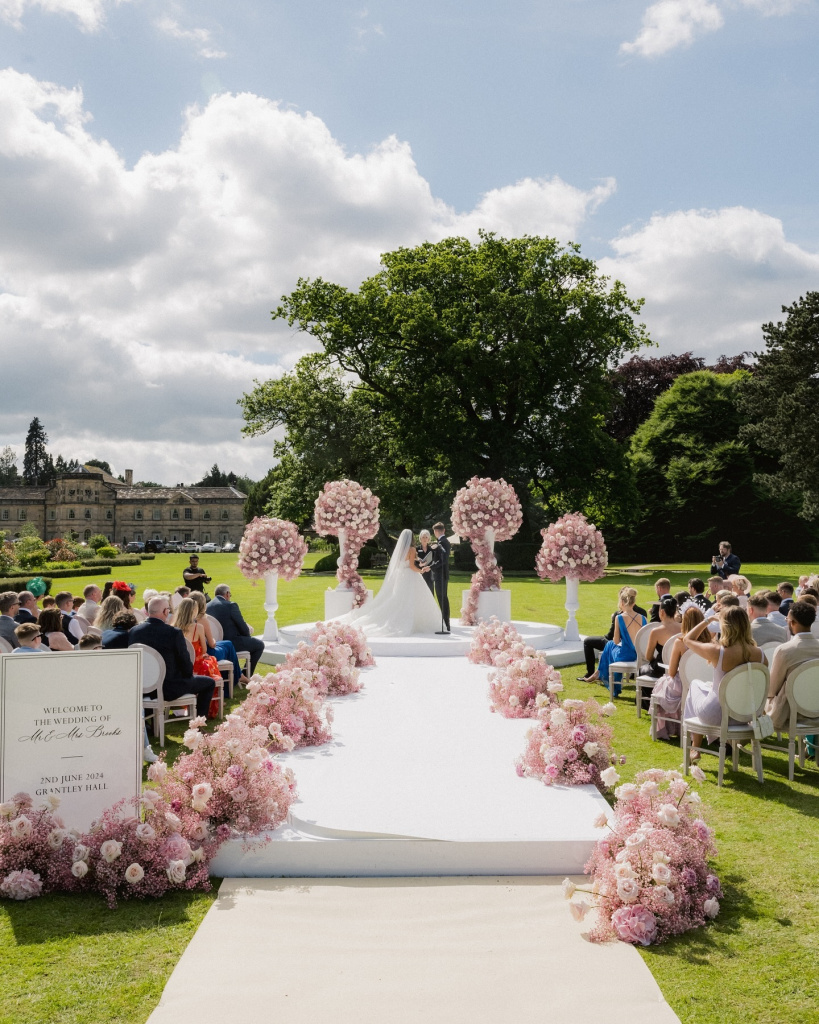
Provide shade during hot, sunny days with umbrellas or tents, and offer refreshments like water stations or lemonade stands to keep guests hydrated. If your wedding is during cooler months, provide blankets, heaters, or fire pits to keep everyone warm. Comfortable seating is also essential, especially for elderly guests or those who might need a break from standing.
Catering Considerations for Outdoor Weddings
An outdoor wedding calls for careful planning when it comes to food and drinks. Depending on your venue, there may be limited kitchen facilities, so you’ll need to work closely with your caterer to ensure everything runs smoothly.
Choose a menu that suits the outdoor setting. Barbecue, seafood, or fresh, seasonal salads are great options for warm weather, while heartier dishes work well in cooler temperatures. Be mindful of food that might spoil quickly in the heat, and consider serving drinks in creative ways like beverage stations or mobile bars to keep things fun and accessible.
Music and Sound Management
Music is a critical part of any wedding, setting the tone for the ceremony, reception, and party. For an outdoor wedding, managing sound can be tricky due to the open space and the potential for wind or other environmental noise.
Make sure your DJ or band has all the necessary equipment, including microphones, speakers, and backup power sources if the venue doesn't provide electricity. It’s also important to check local noise ordinances, especially if your wedding is in a residential area or a public space.

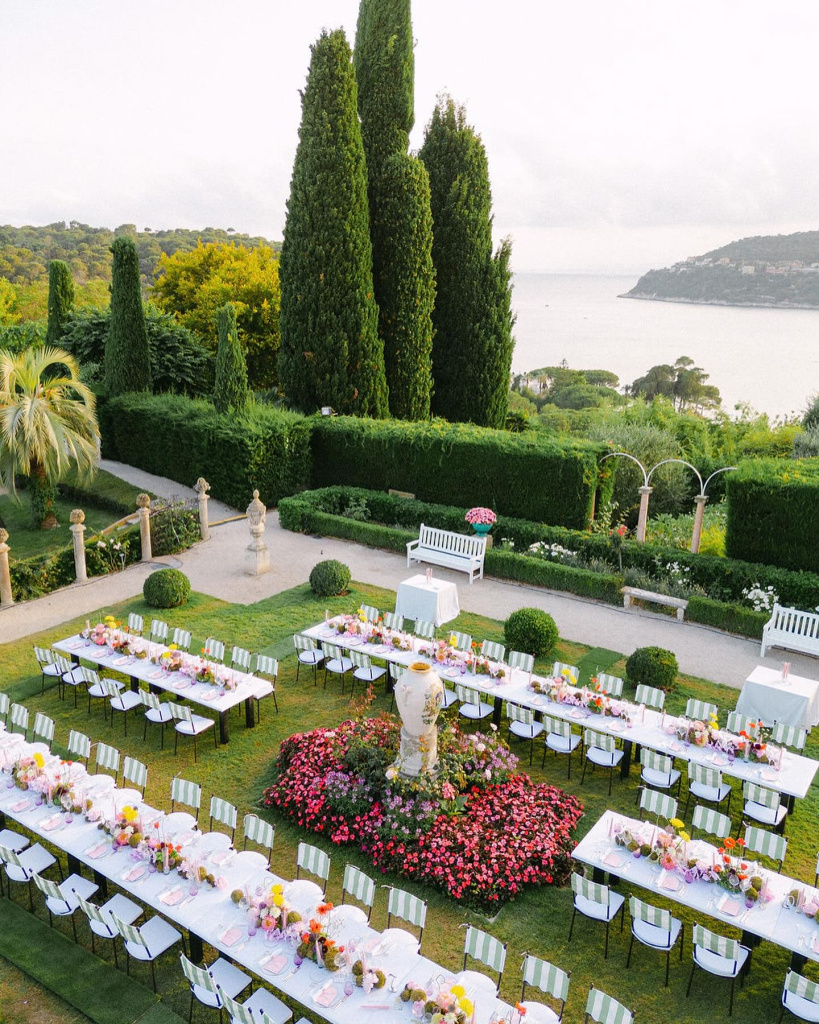
Legal Considerations
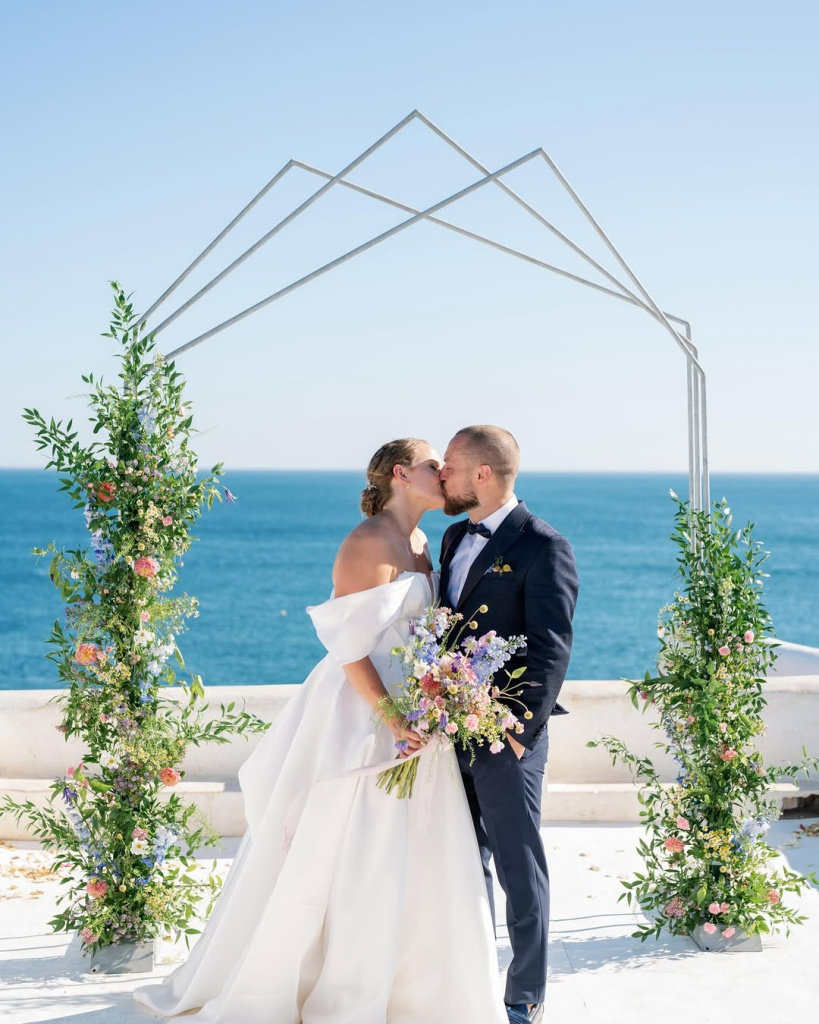
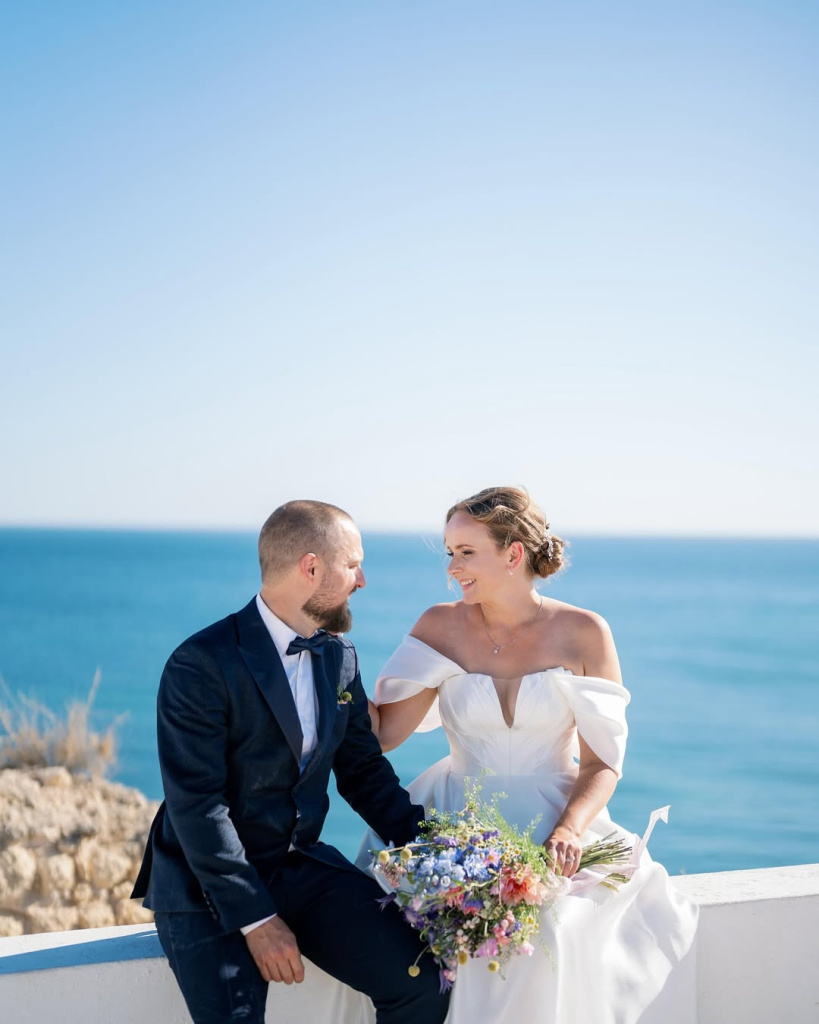
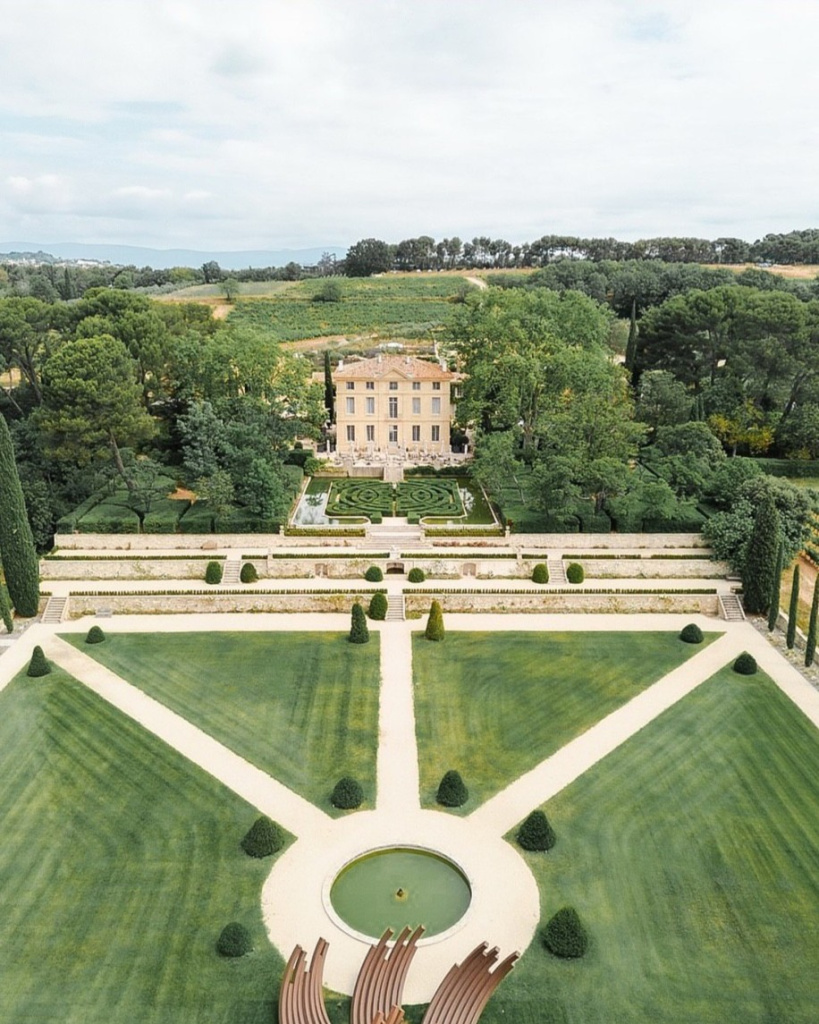

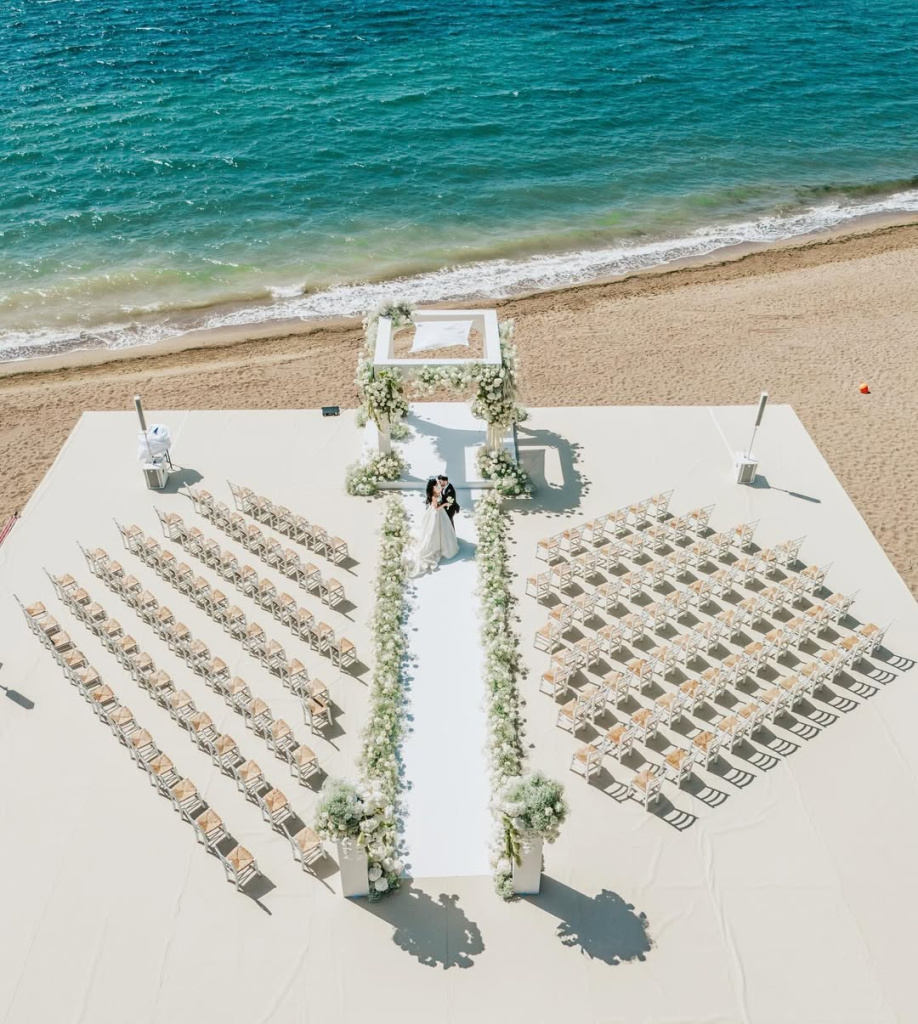
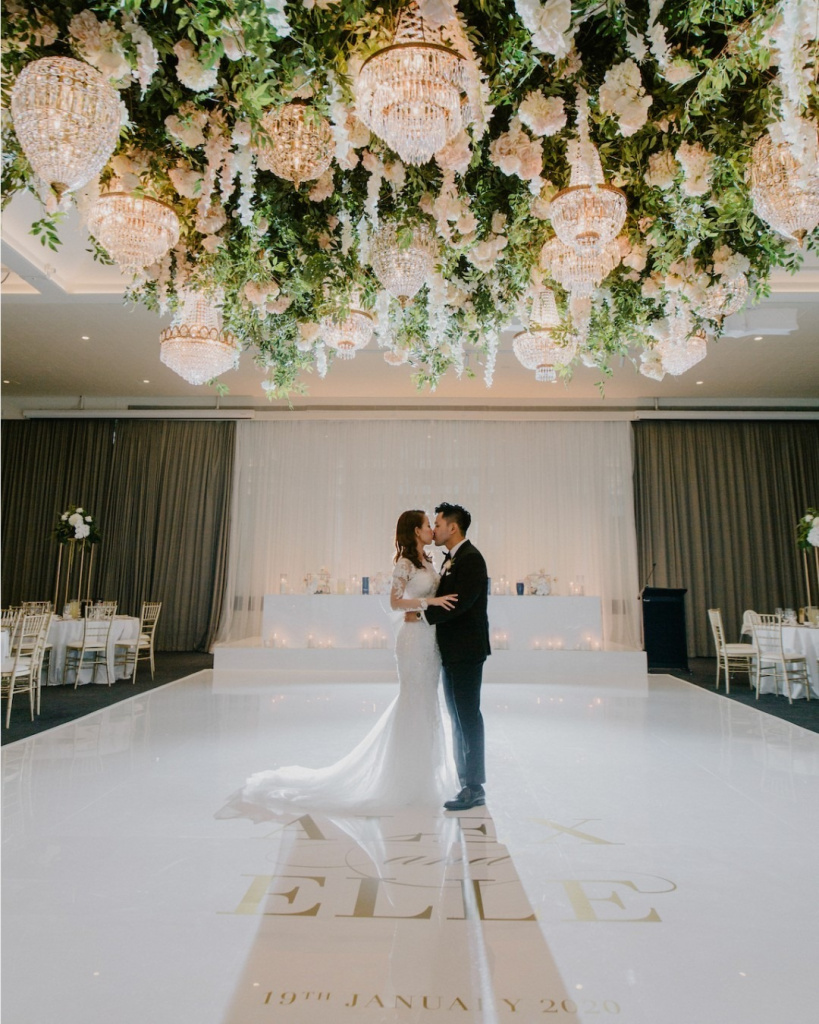
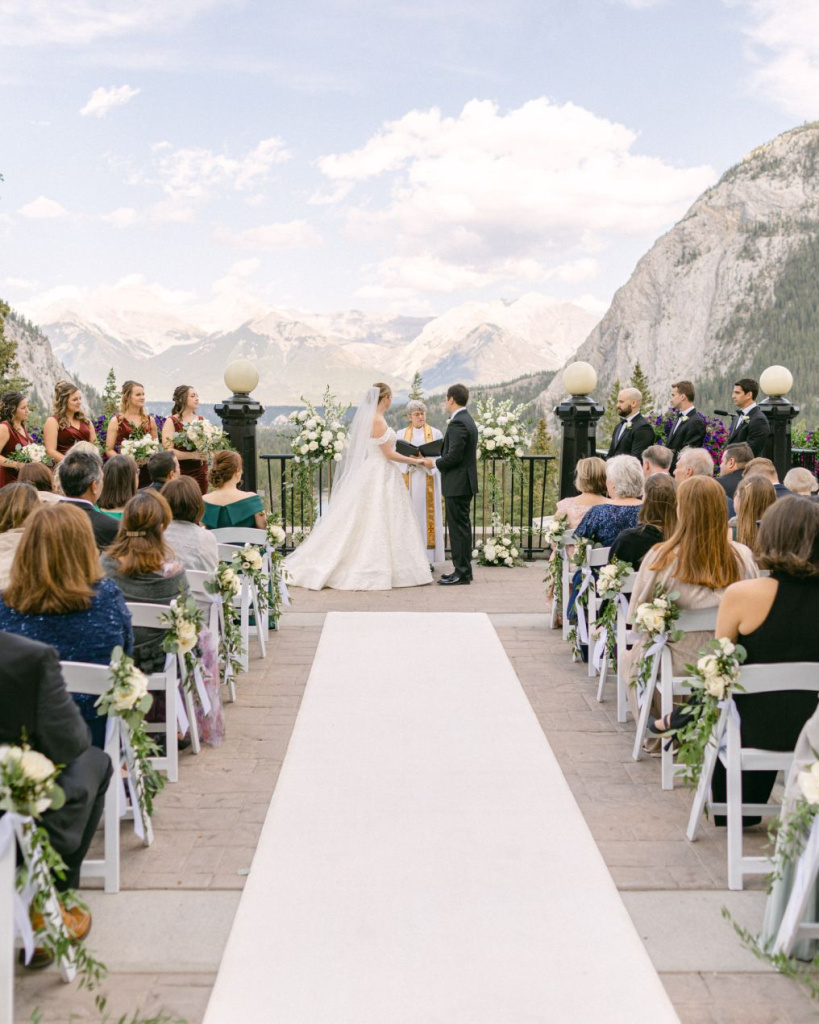
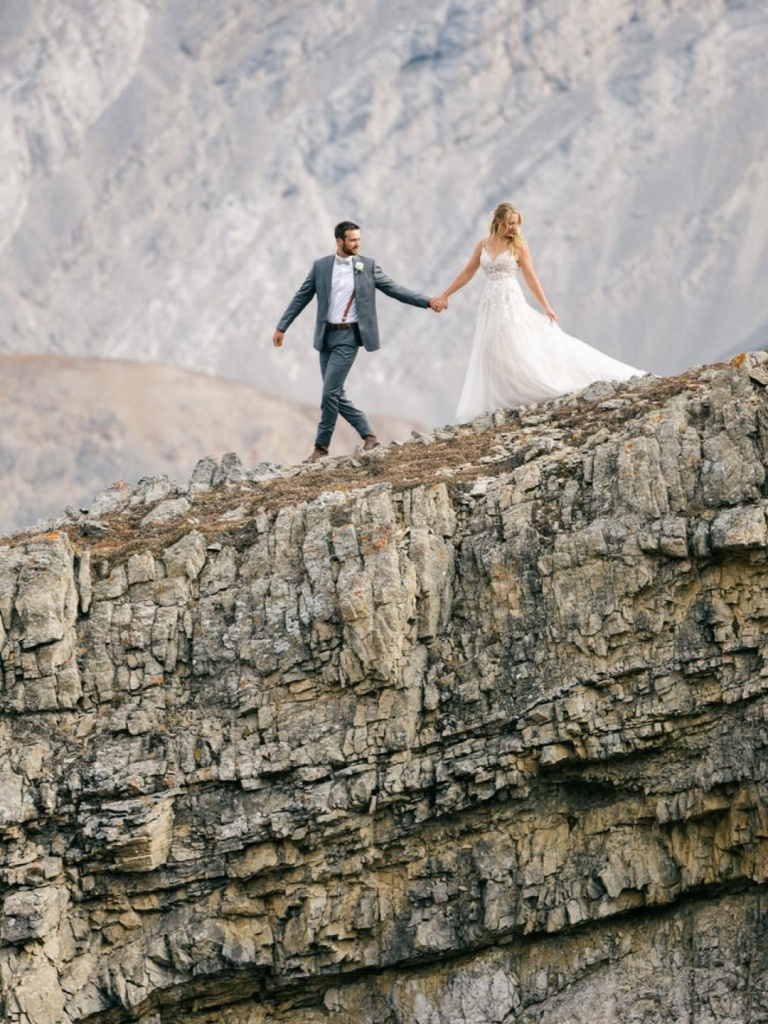
Outdoor weddings, particularly in public spaces like parks or beaches, may require permits or permissions from local authorities. Always check with your venue about the legalities surrounding your event. In some cases, you may also need insurance for the event, especially if it’s taking place in a non-traditional setting.
Lighting and Power Sources
For evening outdoor weddings, lighting is essential not only for ambiance but also for safety. Consider using a combination of string lights, lanterns, and candles to create a warm, welcoming environment.
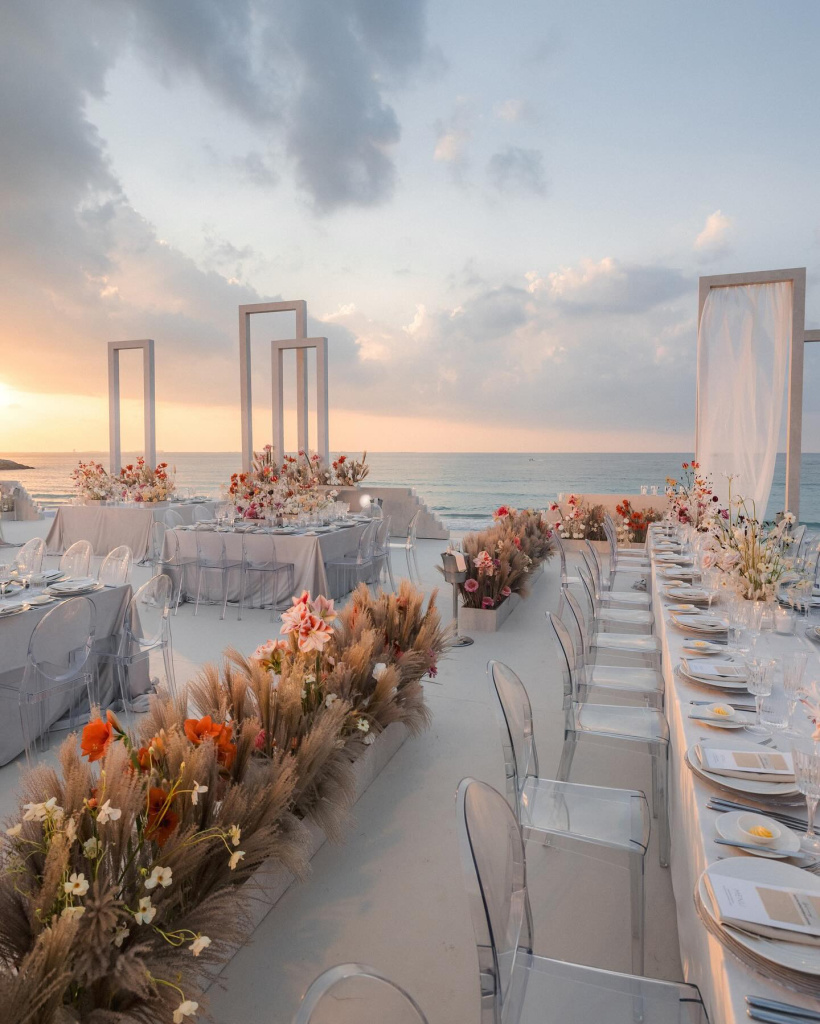
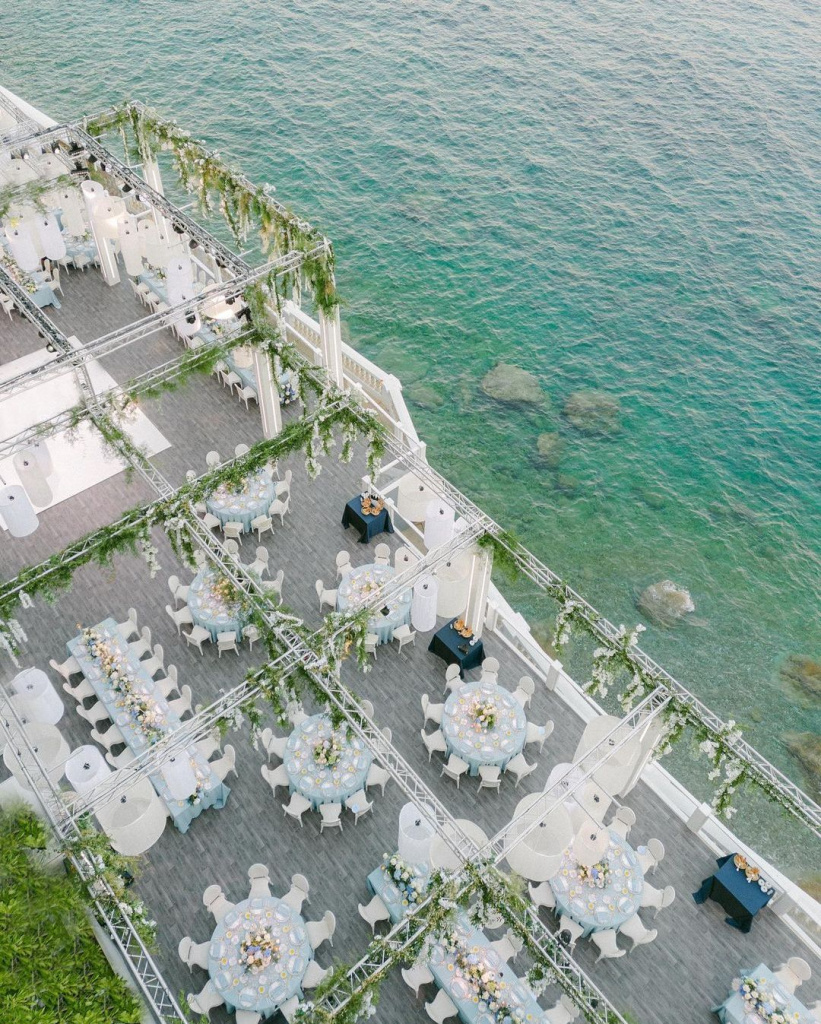
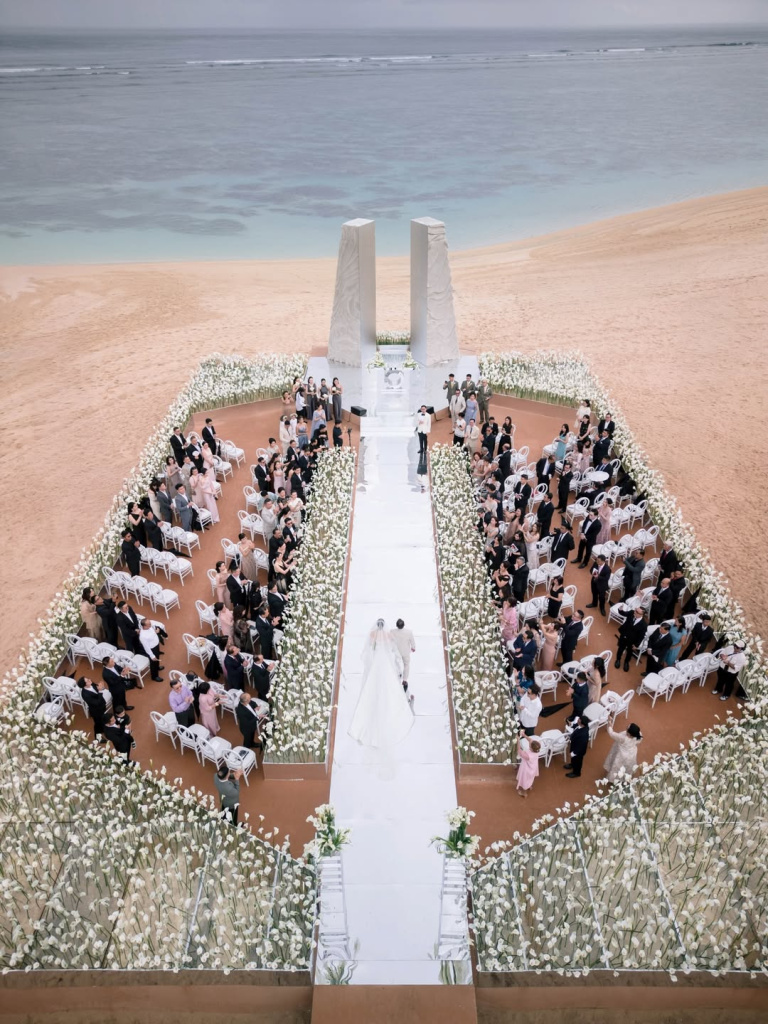
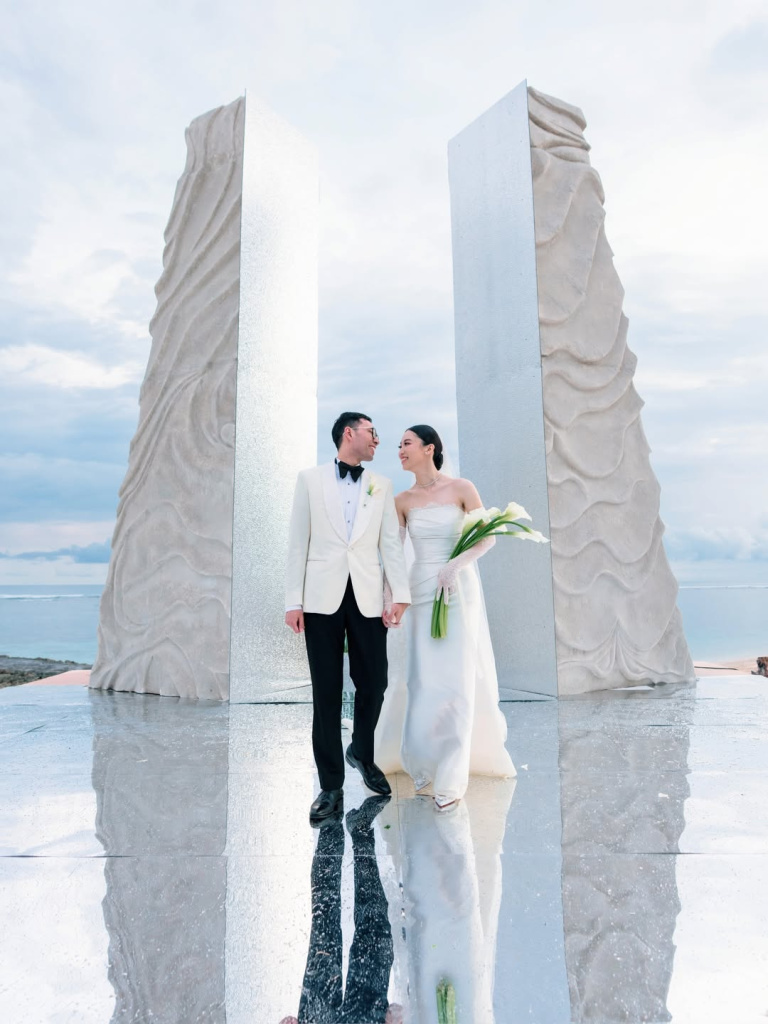
You’ll also need to ensure that power sources are available for your lighting, sound equipment, and any other electrical needs. If your venue doesn’t provide electricity, you may need to rent generators. Be sure to plan this with your vendors and test everything beforehand to avoid any technical issues.
Embrace the Natural Surroundings
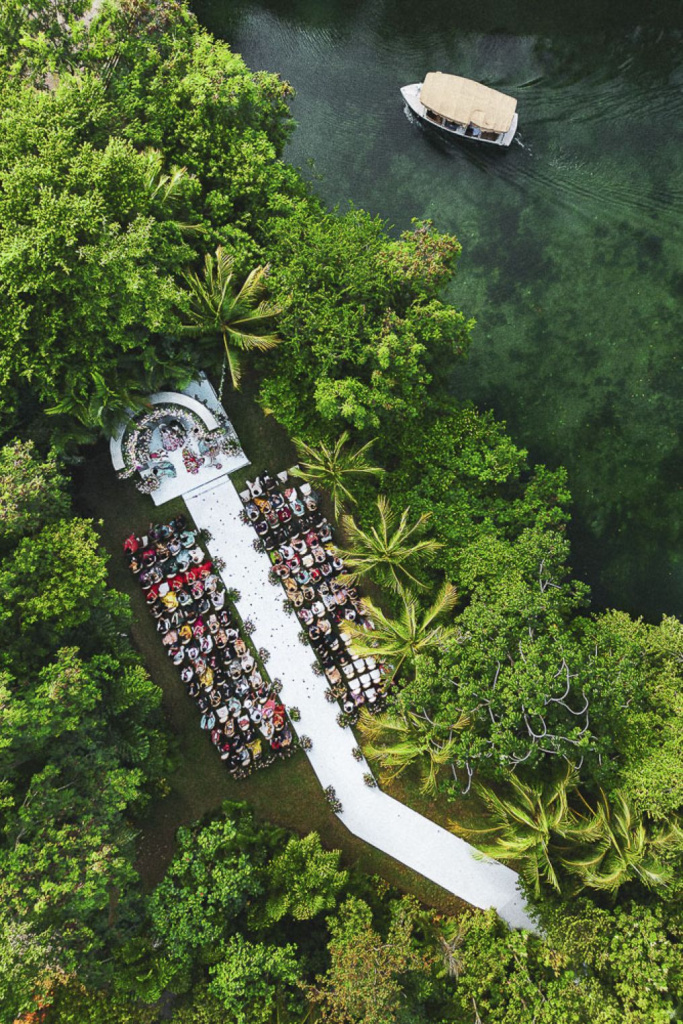



One of the most magical aspects of an outdoor wedding is the ability to embrace the beauty of nature. From breathtaking views to blooming flowers, nature can provide the perfect backdrop without much effort.
Try to incorporate elements of the environment into your decor and theme. Whether it’s rustic wooden furniture for a barnyard wedding or soft, flowing fabrics for a beachside ceremony, let the natural surroundings inspire your design choices.
Managing Vendors
Coordination with vendors for an outdoor wedding requires a bit more attention to logistics than an indoor venue. Be sure that all your vendors (caterers, photographers, florists, etc.) are aware of the outdoor setting and can accommodate it with the proper equipment.
Some vendors may need additional support like portable kitchen setups, shaded areas for flowers, or contingency plans for weather. Communicate clearly with them to ensure everything goes smoothly on the day of your wedding.
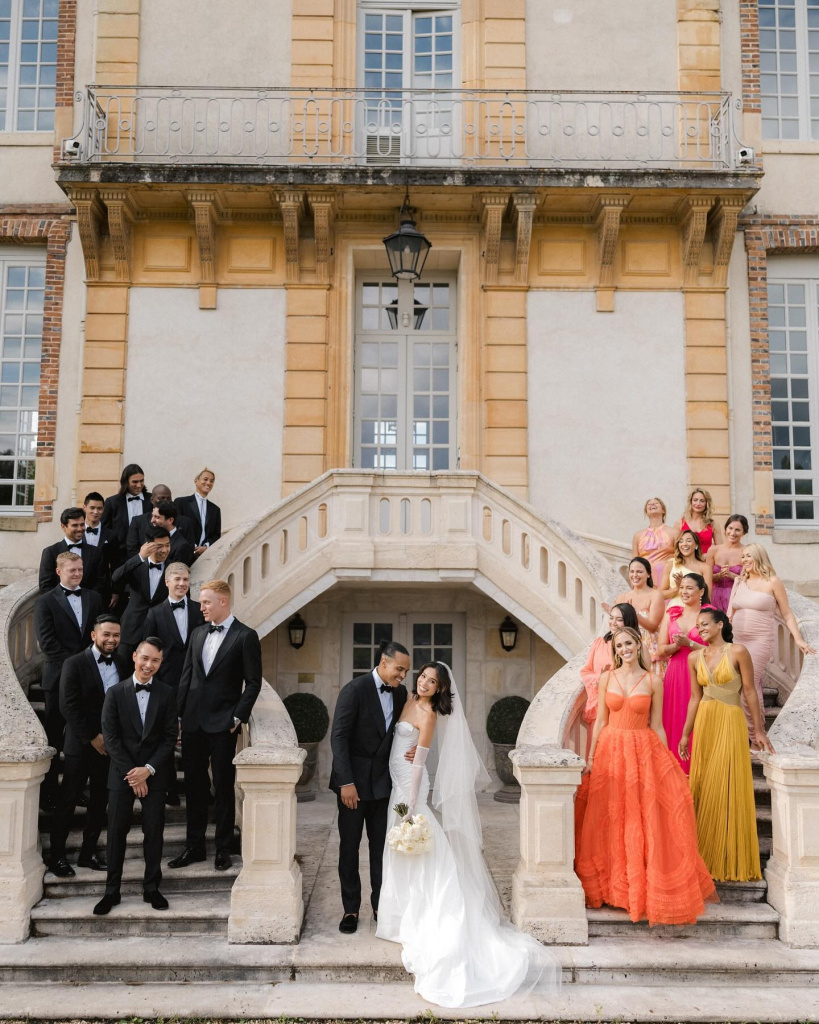
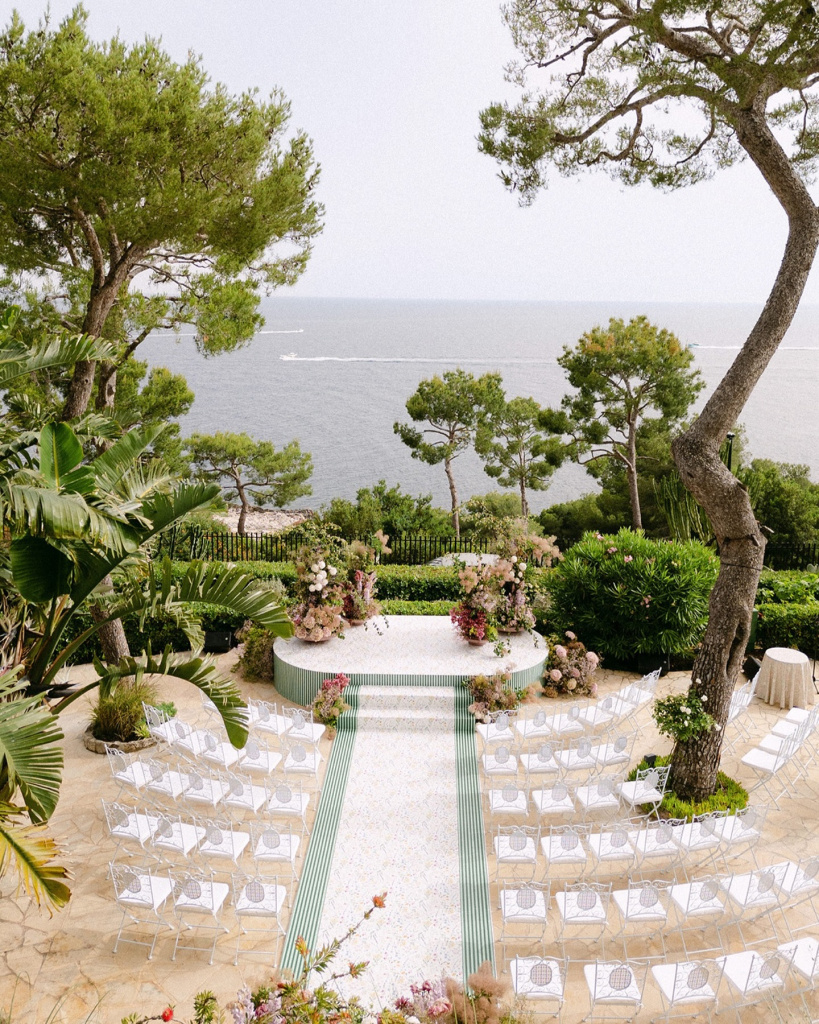
Top 30 Tips for Planning an Outdoor Wedding
Choose the Right Venue
When selecting a venue for your outdoor wedding, think about the overall aesthetic and vibe you're aiming for. Whether it's a garden, beach, or rustic countryside, the location should reflect your vision. Make sure it has adequate space for both the ceremony and reception and offers convenient access for your guests. Don’t forget to check for essential facilities like restrooms, parking, and electrical outlets.
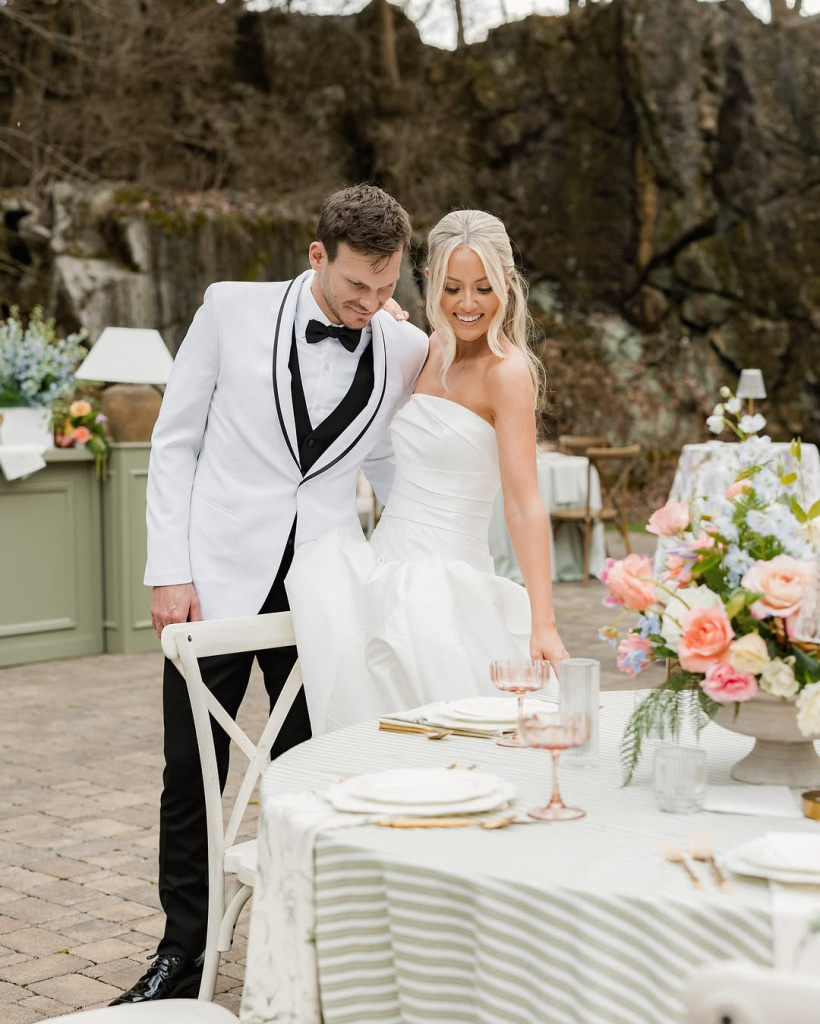
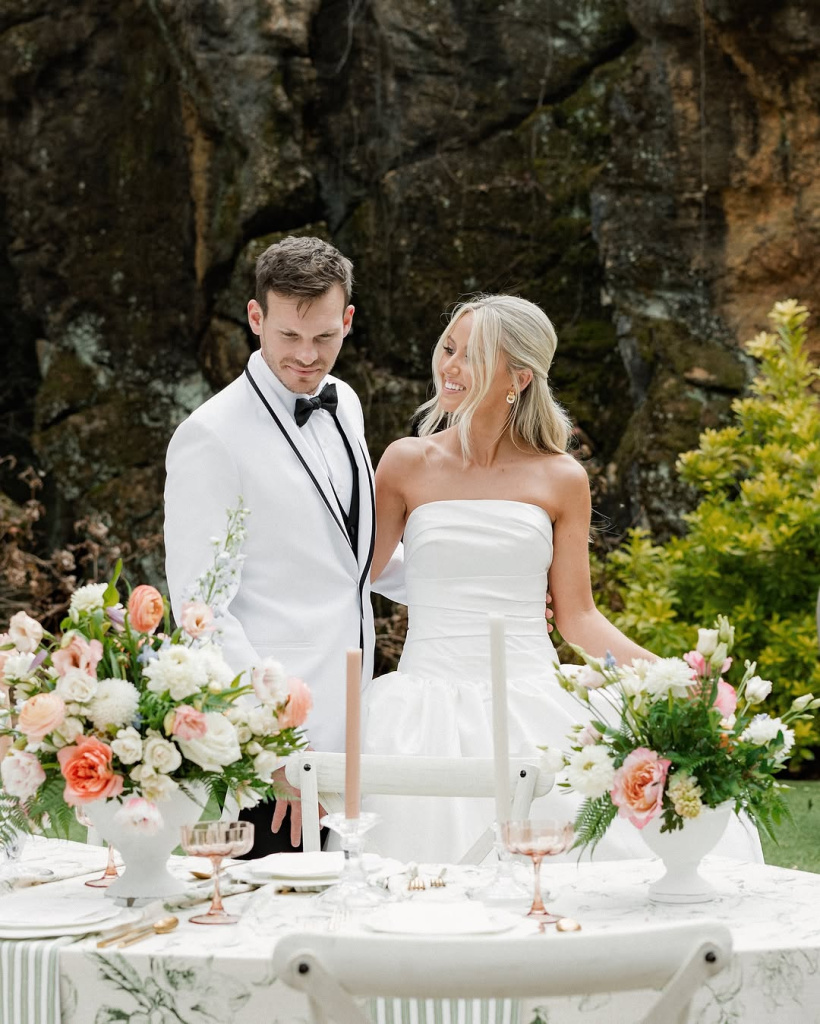
- Have a Weather Backup Plan
Even if the forecast looks favorable, weather can be unpredictable, especially for an outdoor wedding. Always have a contingency plan in case of rain, extreme heat, or unexpected cold. A tent is a great option to protect your guests while still maintaining an outdoor feel. Discuss with your venue and vendors how to quickly implement the backup plan if needed. - Check Local Regulations
Some outdoor wedding venues, especially public spaces like parks or beaches, may require permits. Make sure to check with local authorities early in your planning process to avoid any last-minute surprises. Noise ordinances, alcohol restrictions, and curfew times are also essential to consider. Following all legal guidelines ensures a smooth event without disruptions. - Consider Guest Comfort
The comfort of your guests should be a top priority for any outdoor wedding. Provide shade and seating to keep everyone cool and relaxed in warmer weather. If your wedding is during colder months, offer blankets, portable heaters, or even a cozy fire pit to keep them warm. Water stations, fans, and insect repellent are thoughtful additions that ensure everyone enjoys the day. - Opt for a Tent Rental
Even if the weather looks perfect, a tent can provide peace of mind and flexibility. It offers shelter from unexpected rain or wind and gives you more control over the ambiance and decor. Choose a style that complements the outdoor setting, such as a clear-top tent for starry nights or one with draped fabric for a romantic look. Tents also help define the space and make it feel intimate.
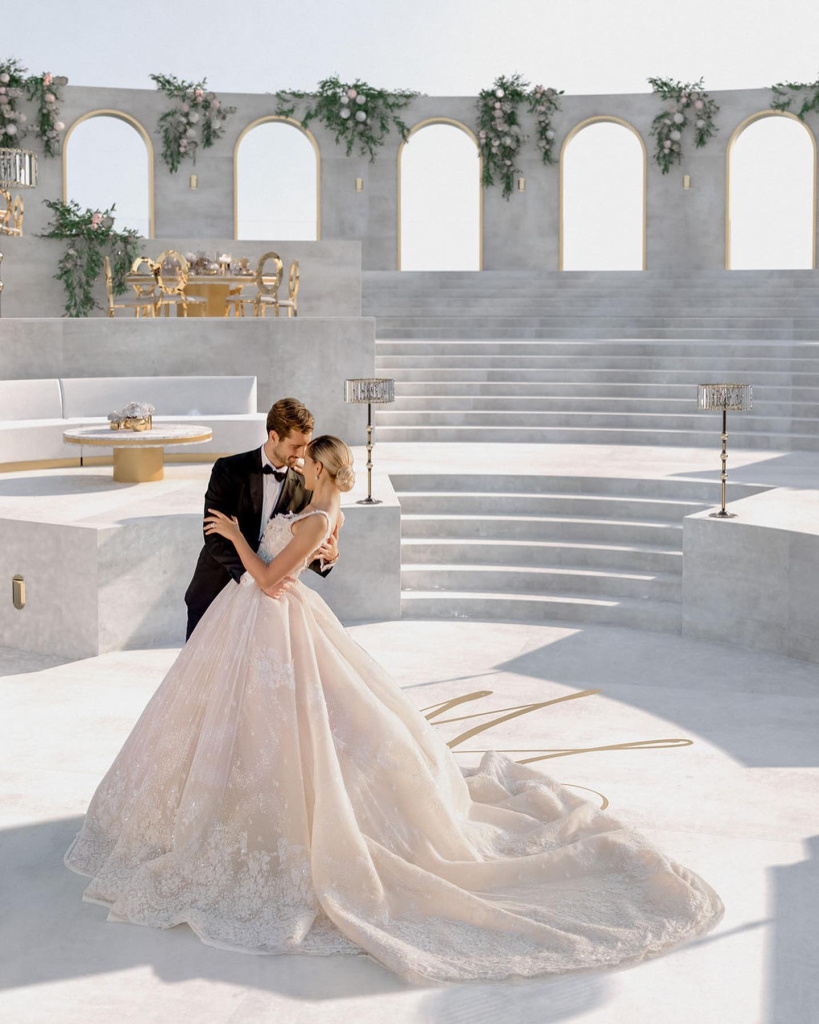
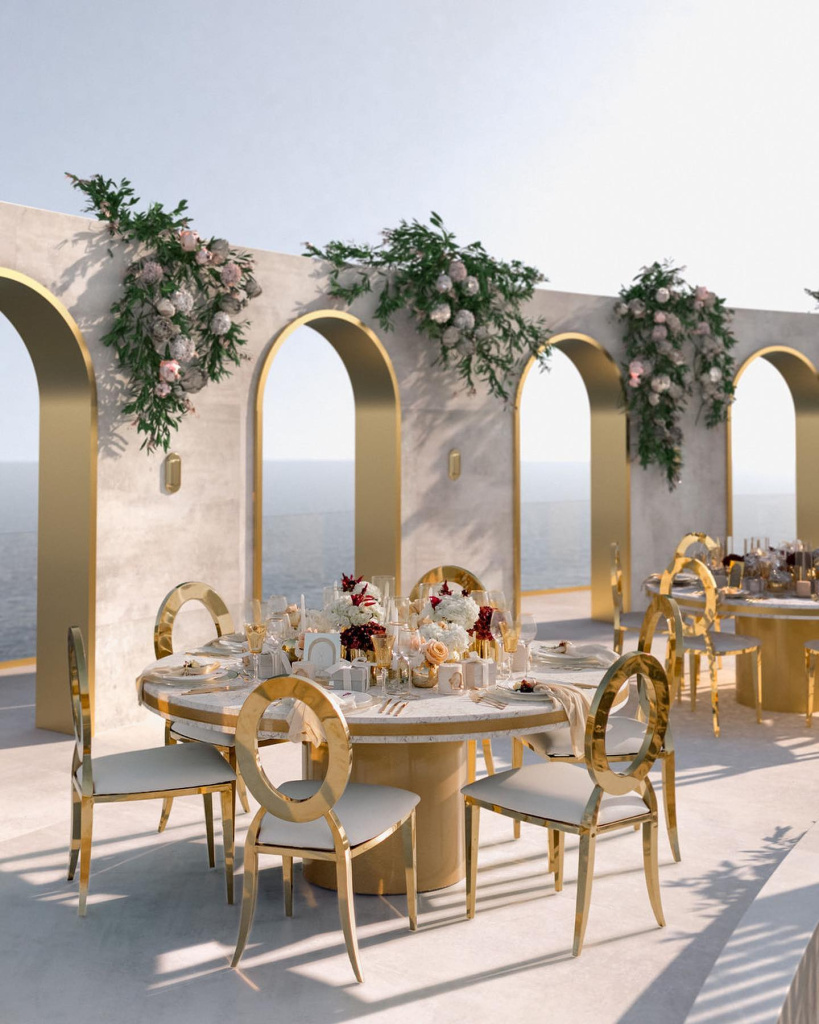
- Be Mindful of Your Attire
The type of wedding dress, groom’s suit, and shoes you choose should be suitable for an outdoor wedding. Light, breathable fabrics like chiffon or lace are ideal for warm weather, while heavier fabrics work better in cooler climates. Consider the terrain—if you’re on a beach or grassy area, you may want to avoid heels and opt for comfortable, stylish flats or sandals. Don't forget to have a backup like a shawl or a jacket if the weather turns cool. - Choose Weather-Resistant Decor
For an outdoor wedding, it's crucial to select decor that can withstand the elements. Avoid delicate items that might be damaged by wind, rain, or strong sunlight. Use weighted tablecloths to prevent them from blowing away, and opt for sturdy floral arrangements or potted plants that won’t wilt in the heat. String lights, lanterns, and candles can create a cozy, romantic ambiance once the sun sets. - Provide Bug Repellent
Depending on the season and location of your outdoor wedding, bugs can be a nuisance. Mosquitoes, flies, and other insects are common in gardens or near water, so it's smart to provide bug spray for your guests. Citronella candles or insect-repellent stations placed throughout the venue can also help keep pests at bay. This simple gesture can make a big difference in ensuring guests are comfortable.
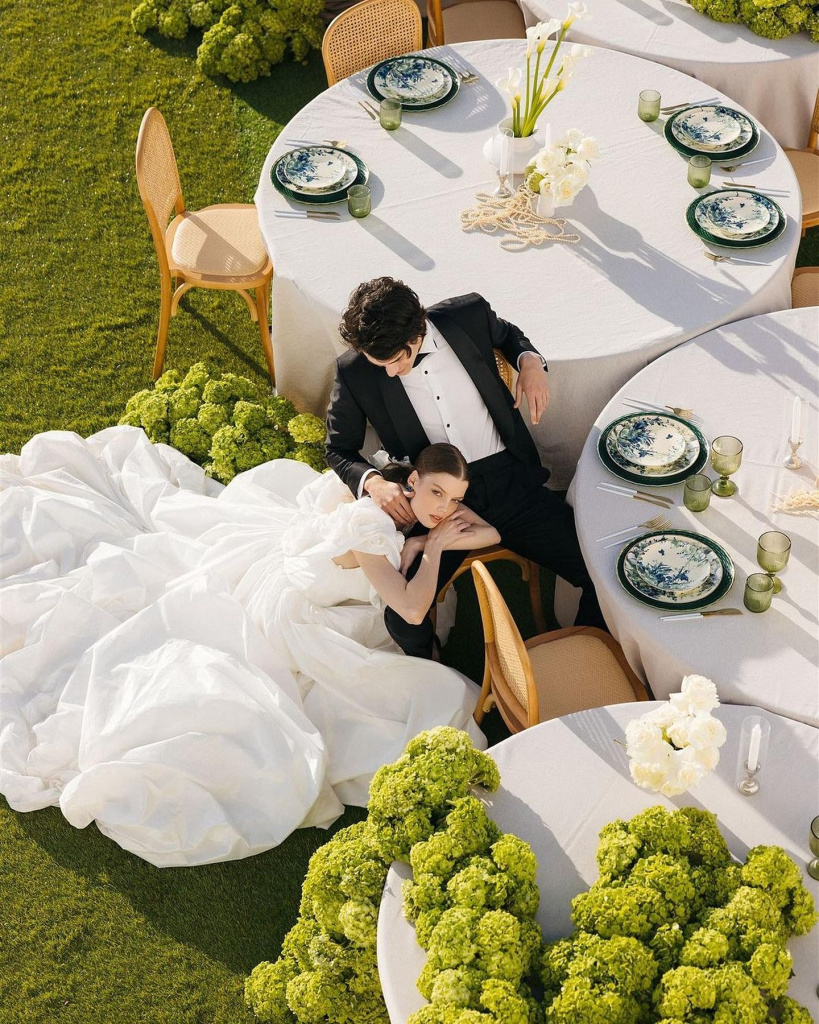
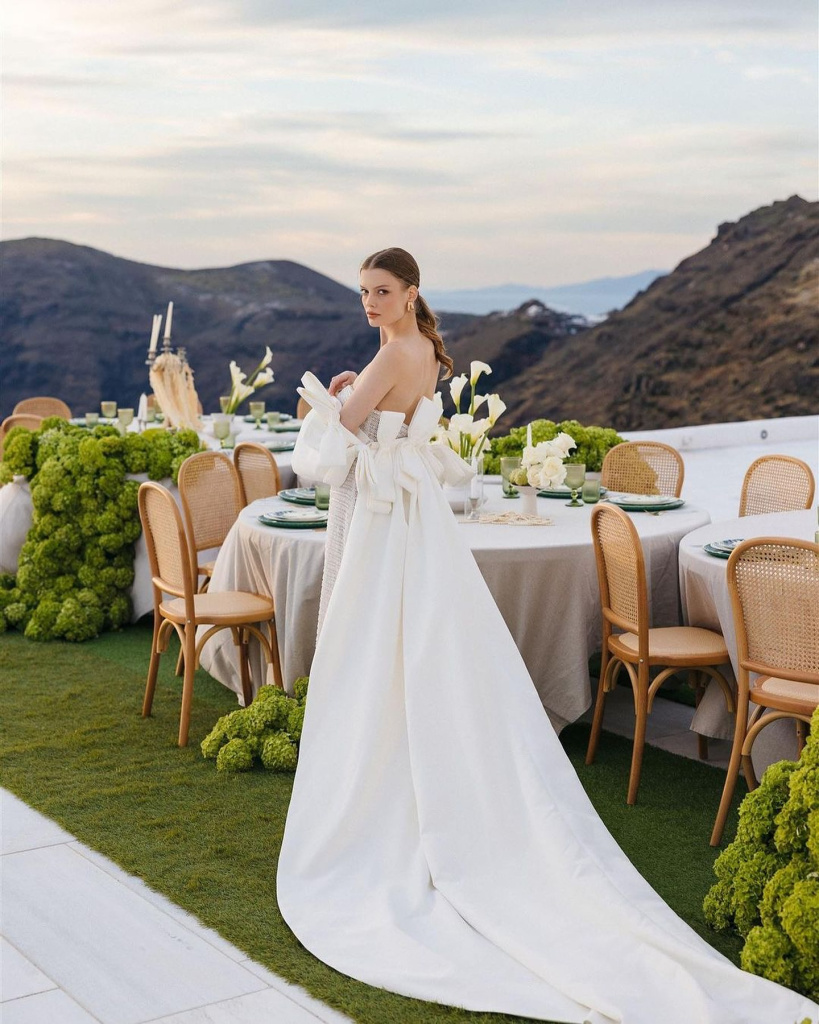
- Coordinate with Vendors Early
An outdoor wedding may require specific logistics that differ from indoor events, so be sure to communicate early with your vendors. Caterers, florists, and photographers need to know about the outdoor setting to prepare appropriately. They may require extra equipment like portable kitchens or sturdy flower arrangements. Coordination ensures that everyone is on the same page and can troubleshoot potential issues before the big day. - Choose Versatile Food Options
When planning the menu for your outdoor wedding, consider dishes that hold up well in various weather conditions. Hot weather can cause certain foods to spoil quickly, so stick to fresh, seasonal fare that won’t wilt or melt. Grilled meats, fresh salads, and chilled desserts are excellent choices for outdoor receptions. Additionally, work with your caterer to provide shade and refrigeration to keep everything fresh. - Create Designated Drink Stations
To keep your guests refreshed, especially in warm weather, set up designated drink stations throughout the venue. Offer a variety of options like infused water, lemonade, or iced tea alongside alcoholic beverages. Having multiple drink stations ensures that guests can easily access refreshments without having to wait in long lines. This also adds a fun, interactive element to your reception with creatively themed drink setups.


- Use Natural Elements
One of the best parts of an outdoor wedding is the ability to integrate the natural surroundings into your decor. Work with the beauty of the environment instead of competing with it. Use existing trees, flowers, and landscapes as part of your backdrop. Enhance the scene with organic touches like wooden tables, earthy tones, or wildflower arrangements to complement the natural setting. - Lighting is Key
Lighting is an essential factor for any outdoor wedding, especially if the event extends into the evening. String lights, lanterns, and candles add a warm, romantic glow that enhances the natural beauty of the venue. Solar-powered lights are an eco-friendly option that works well in gardens or forest settings. Proper lighting also ensures that guests can safely move around the venue after dark. - Choose Sturdy Furniture
Outdoor weddings can be prone to wind and uneven ground, so it’s important to select sturdy furniture. Lightweight chairs and tables may tip over, so opt for heavier pieces that can withstand breezy conditions. Wooden or metal seating works well for rustic or garden weddings. Don’t forget to test the ground beforehand, especially if your venue has grassy or sandy areas where furniture might sink or wobble. - Plan for Sound Management
Outdoor venues can be tricky for sound, as open spaces may not contain music or voices as well as an indoor venue. Make sure your DJ or band has proper sound equipment like microphones, amplifiers, and speakers. Test the sound system ahead of time to ensure that music, speeches, and vows are heard clearly throughout the venue. You might also need to rent extra speakers depending on the size of the space.
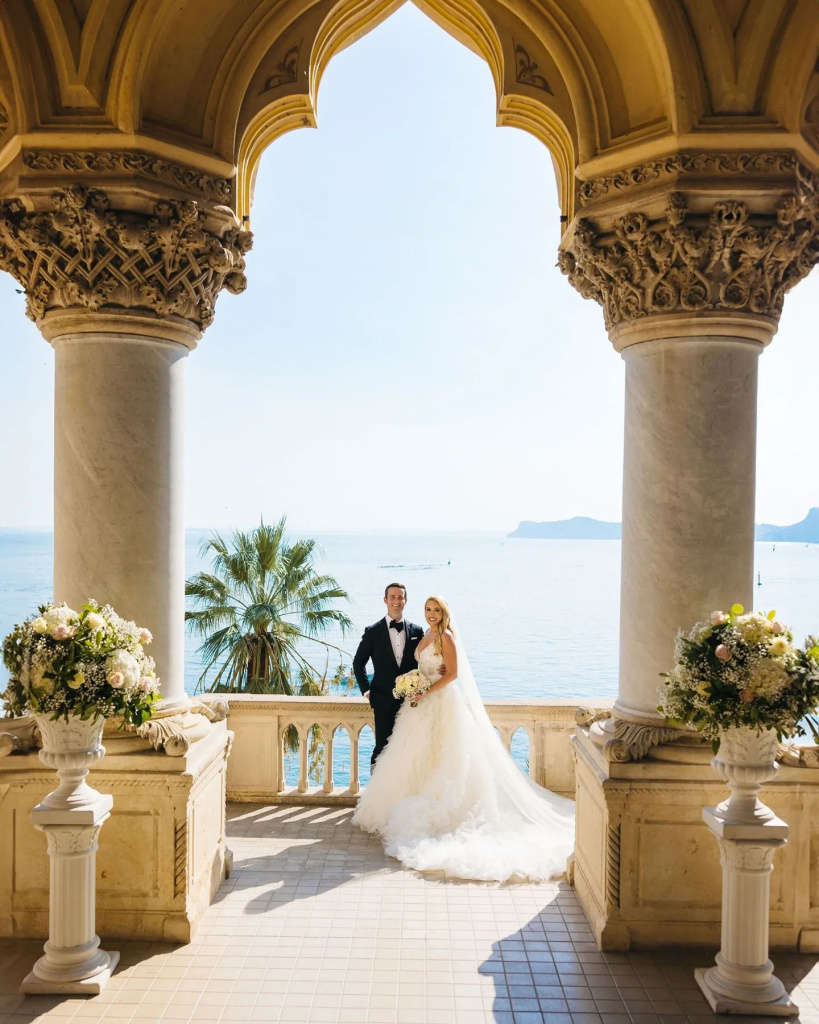
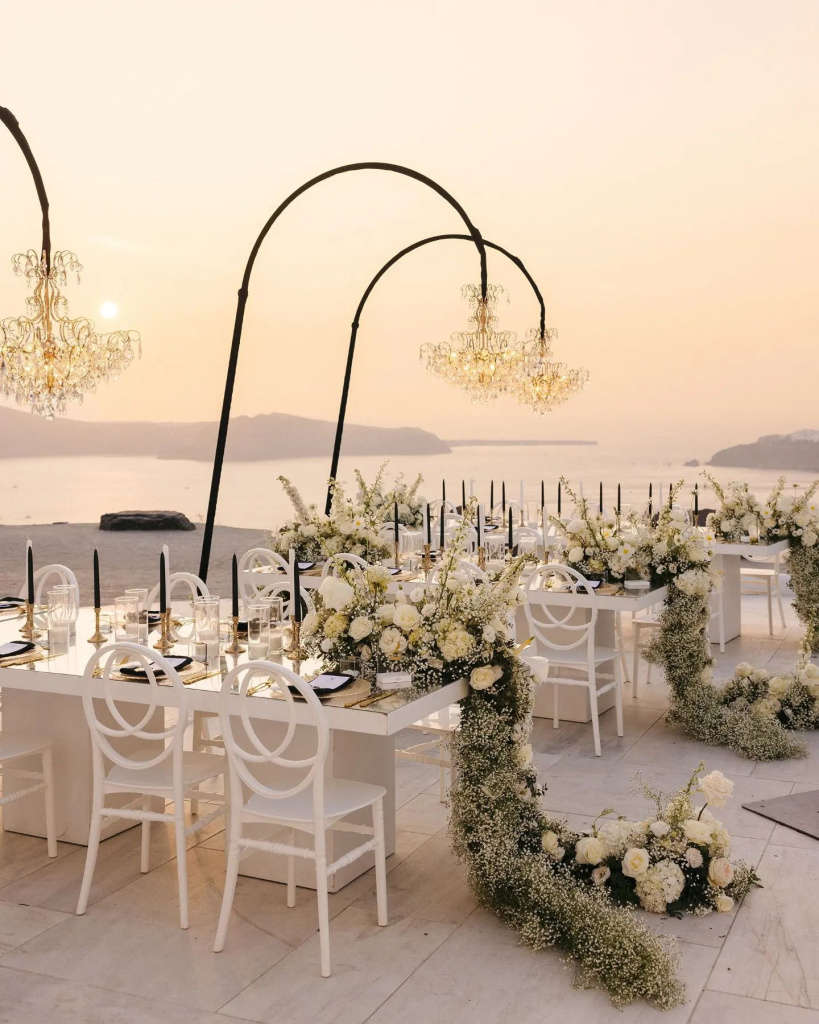
- Test Everything in Advance
Whether it’s sound, lighting, or food setup, it’s crucial to test everything before the actual wedding day. Set up a rehearsal for major components such as the sound system, seating arrangements, and decor placement. Testing helps identify any potential issues, allowing you to make adjustments well in advance. It also gives your vendors a chance to understand the layout and ensure everything runs smoothly. - Plan for Restrooms
When hosting an outdoor wedding, restrooms are a necessity that’s often overlooked. If your venue doesn’t have adequate restroom facilities, consider renting luxury portable bathrooms. These upscale restrooms offer comfort and convenience without sacrificing style. Position them in a discreet location that’s easy to access but doesn’t detract from the beauty of the venue. - Be Cautious with Open Flames
While candles and fire pits add ambiance to an outdoor wedding, it’s important to be cautious with open flames. Wind can cause candles to blow out or, worse, start a fire. Use hurricane lanterns or enclosed candle holders to protect flames from wind. If you’re planning to use fire pits or torches, ensure they are safely positioned away from high-traffic areas and that someone is monitoring them. - Schedule Wisely
Timing is everything when it comes to an outdoor wedding. Avoid scheduling your ceremony during the hottest part of the day, especially if you’re getting married in the summer. Late afternoon or early evening ceremonies work best, allowing guests to enjoy the sunset as they transition into the reception. Be mindful of how sunlight will affect photos and plan your timeline to make the most of the golden hour. - Stay Organized with a Checklist
With so many extra details involved in planning an outdoor wedding, staying organized is key. Use a comprehensive checklist to track everything from vendor arrangements to weather contingencies. A timeline with specific tasks and deadlines ensures nothing gets overlooked. Regularly update the list as the wedding date approaches to ensure you’re prepared for every possible scenario.
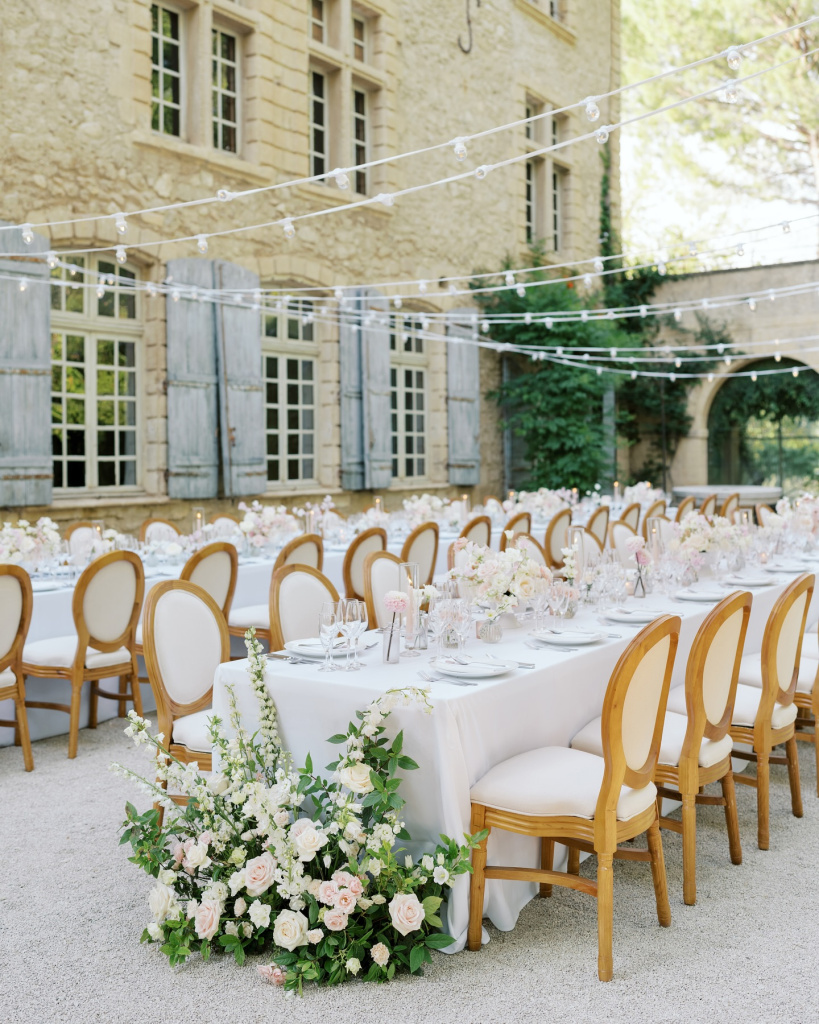
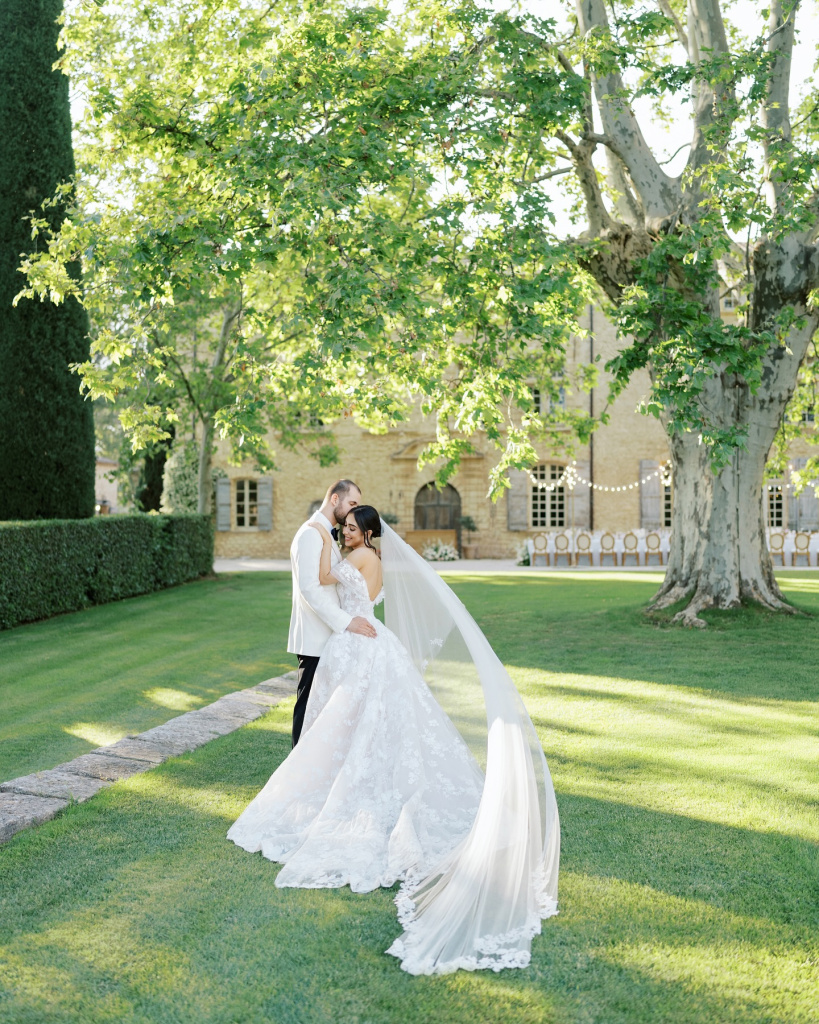
- Consider Allergies
Outdoor environments can stir up pollen, dust, or other allergens that might affect guests. If you know of any allergy-prone attendees, inform them about the venue so they can take precautions. It’s also helpful to choose hypoallergenic flowers for your arrangements to reduce potential reactions. Offering tissues or allergy medications at the guest station is a considerate touch. - Choose Durable Flowers
Delicate flowers may not hold up well in the heat or wind, so choose blooms that are hardy and long-lasting for your outdoor wedding. Flowers like sunflowers, succulents, or roses can endure various weather conditions while still looking beautiful. Keep your flowers hydrated by misting them throughout the day, or opt for potted plants that can withstand the elements better than cut arrangements. - Plan for Cleanup
Outdoor weddings require thoughtful planning when it comes to cleanup, especially if you're hosting the event in a public space. Make sure to have a team in place to collect trash, remove decor, and clean up the site. Some venues may require you to leave the area as you found it, so inquire about their policies on waste disposal and environmental impact. A smooth cleanup process also helps maintain the natural beauty of the venue. - Have Blankets Available
If your outdoor wedding extends into the evening or takes place during cooler months, providing blankets is a thoughtful touch. Set up a cozy blanket station where guests can grab a layer if they start to feel chilly. This adds comfort to your event while also creating a warm, inviting atmosphere. Plus, blankets can serve as stylish decor pieces that match your overall color scheme. - Create a Custom Welcome Sign
A personalized welcome sign is a beautiful way to greet your guests and set the tone for your outdoor wedding. Use natural materials like wood, chalkboard, or glass to reflect the outdoor theme. Place it at the entrance of the venue, surrounded by greenery or flowers for an extra touch of elegance. Your welcome sign can also provide practical information such as directions or the schedule of events.
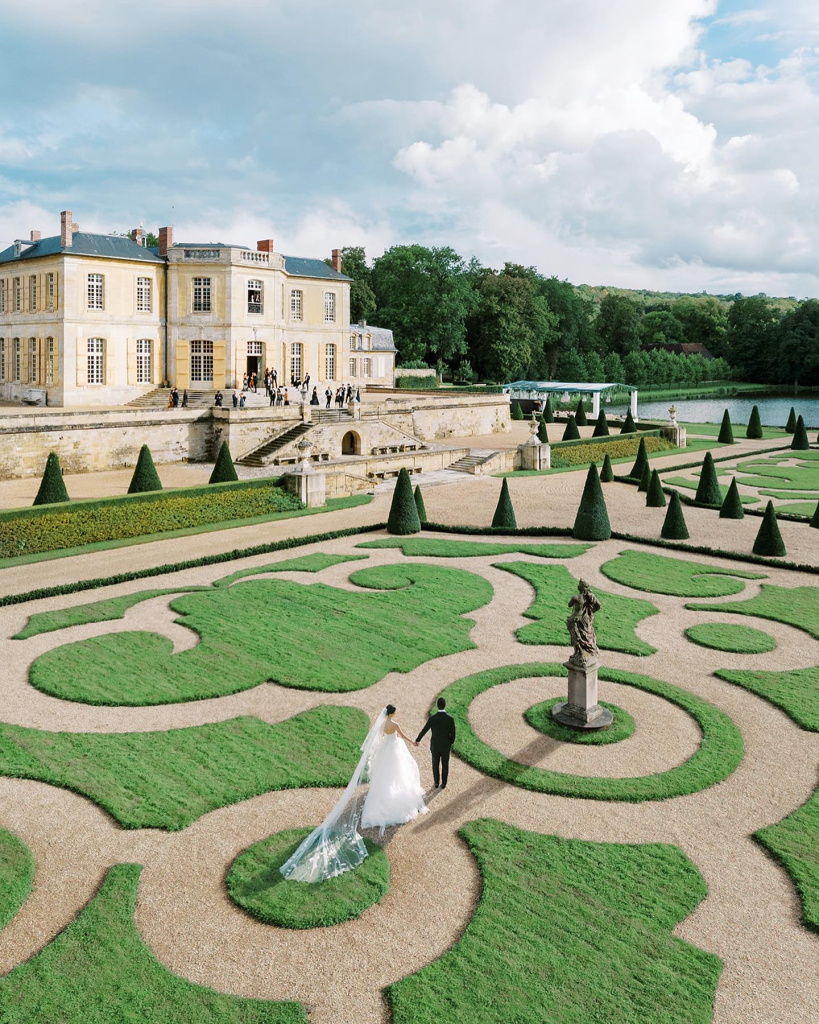
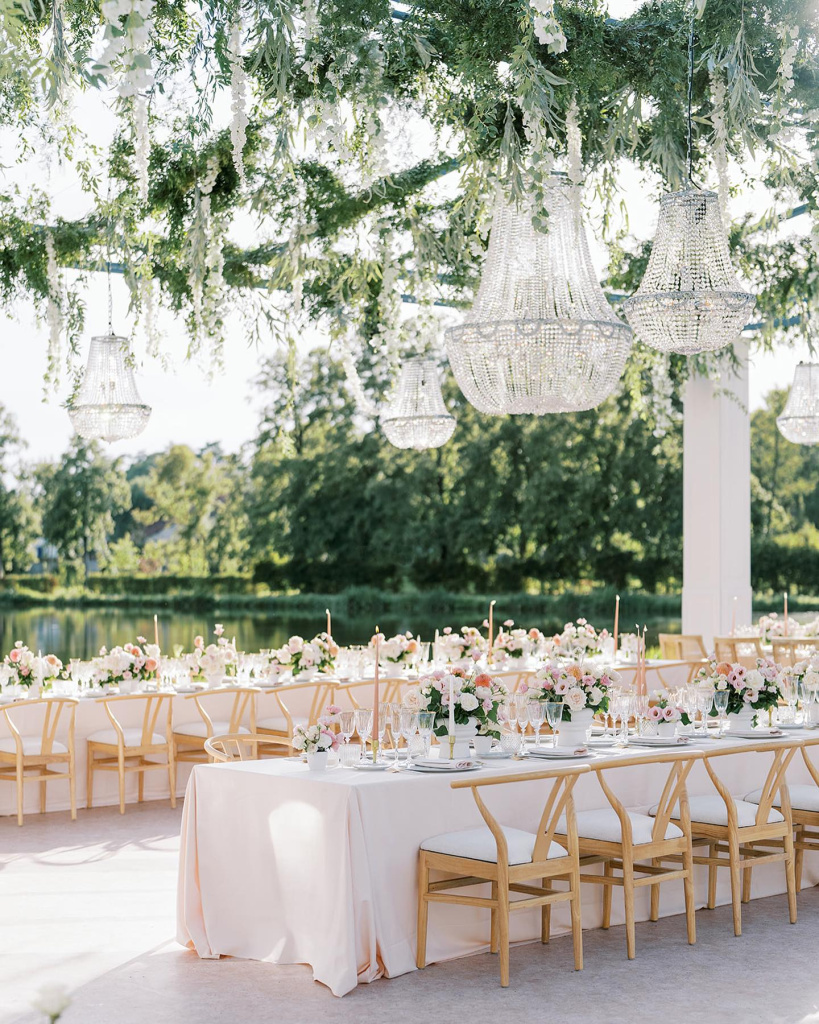
- Ensure Accessibility
Make sure your outdoor wedding venue is accessible for all guests, including those with mobility issues. Consider the terrain—grass, sand, or gravel can be difficult to navigate for guests using wheelchairs or walkers. Providing paved pathways or shuttle service for those who need assistance ensures that everyone can enjoy the celebration comfortably. Accessibility is key to ensuring no guest feels excluded from the festivities. - Hire a Day-of Coordinator
With so many moving parts, hiring a day-of coordinator can be invaluable for an outdoor wedding. This professional ensures that everything runs smoothly, from vendor coordination to weather contingencies. They will handle any last-minute issues, allowing you to enjoy your special day without stress. Having a dedicated point of contact on the wedding day is crucial for a seamless event. - Plan for Photography Lighting
Outdoor weddings offer stunning photo opportunities, but lighting can be tricky depending on the time of day. Work with your photographer to identify the best lighting conditions, such as the golden hour before sunset. Natural light is flattering, but you may need to rent additional lighting for evening photos. Consider adding spotlights or fairy lights to enhance the romantic ambiance.

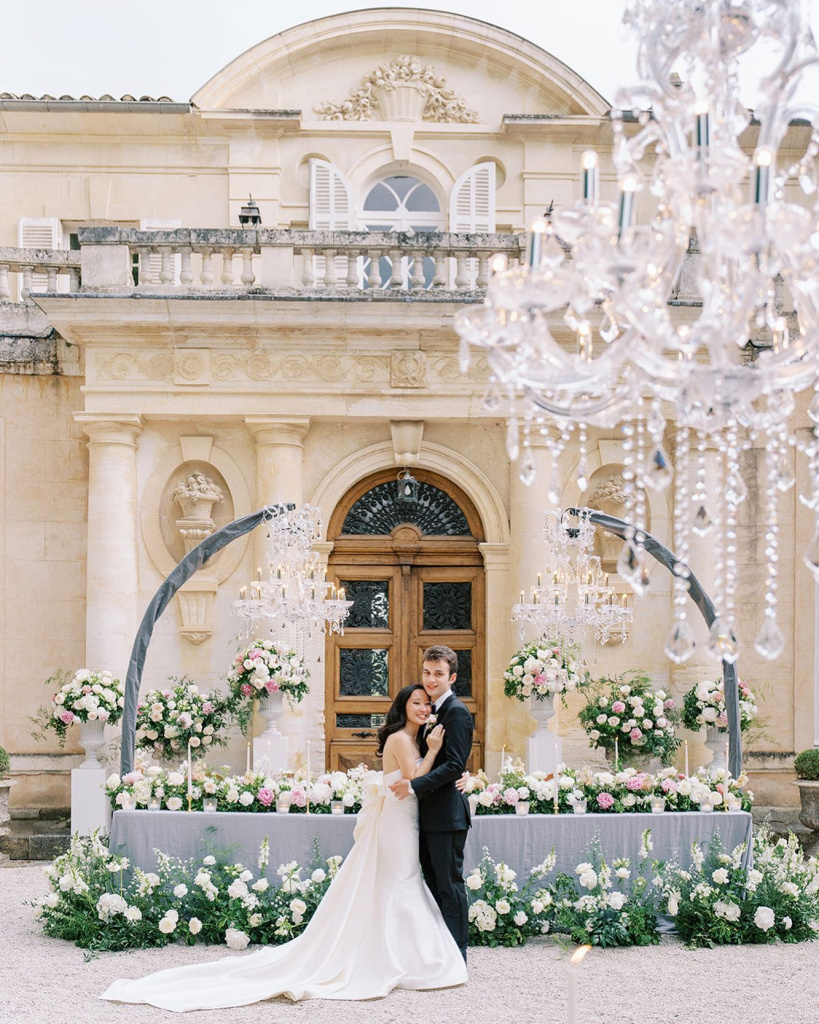
- Monitor the Forecast
As your wedding day approaches, keep a close eye on the weather forecast. Being prepared for any changes will help you adjust your plans accordingly. Have umbrellas, fans, or heaters on standby to accommodate different weather scenarios. A prepared mindset ensures that you can enjoy your outdoor wedding regardless of the conditions. - Enjoy the Beauty of the Outdoors
Embrace the natural charm of your surroundings, and let the beauty of the outdoor wedding setting shine through every aspect of your celebration. Keep decor simple and allow the landscape to enhance the ambiance. Remember to take a moment to appreciate the peaceful atmosphere of your chosen venue. The best part of an outdoor wedding is the connection to nature, which creates an unforgettable experience for both you and your guests.
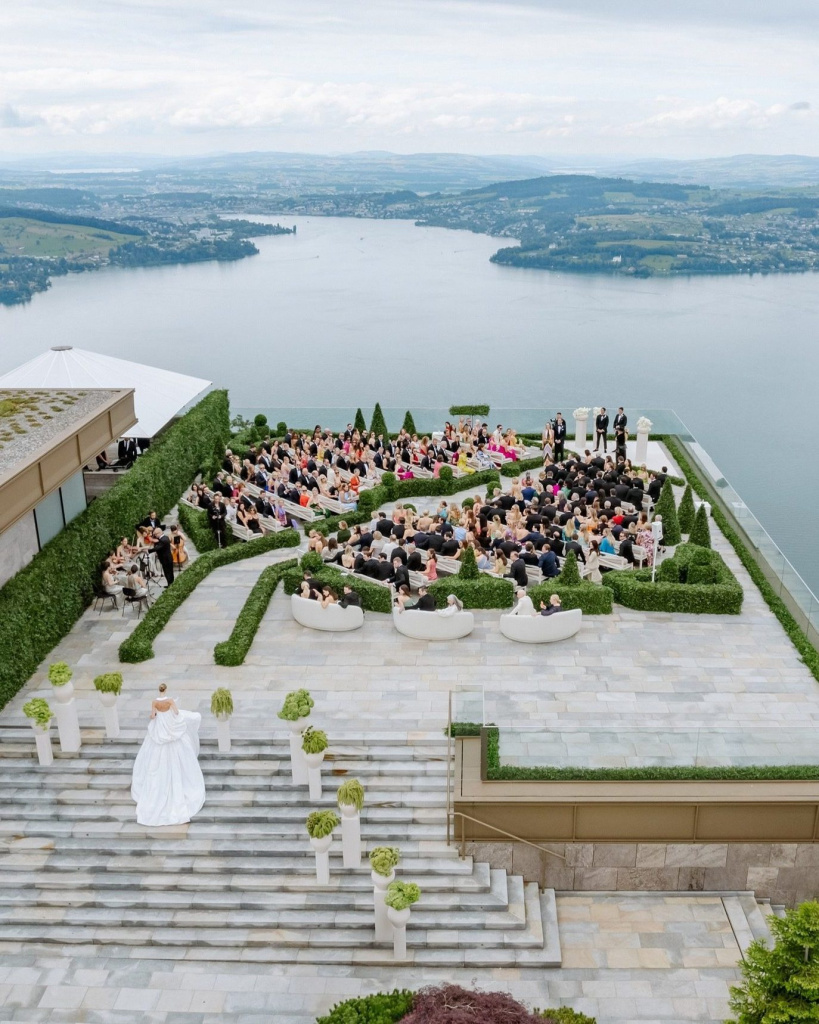
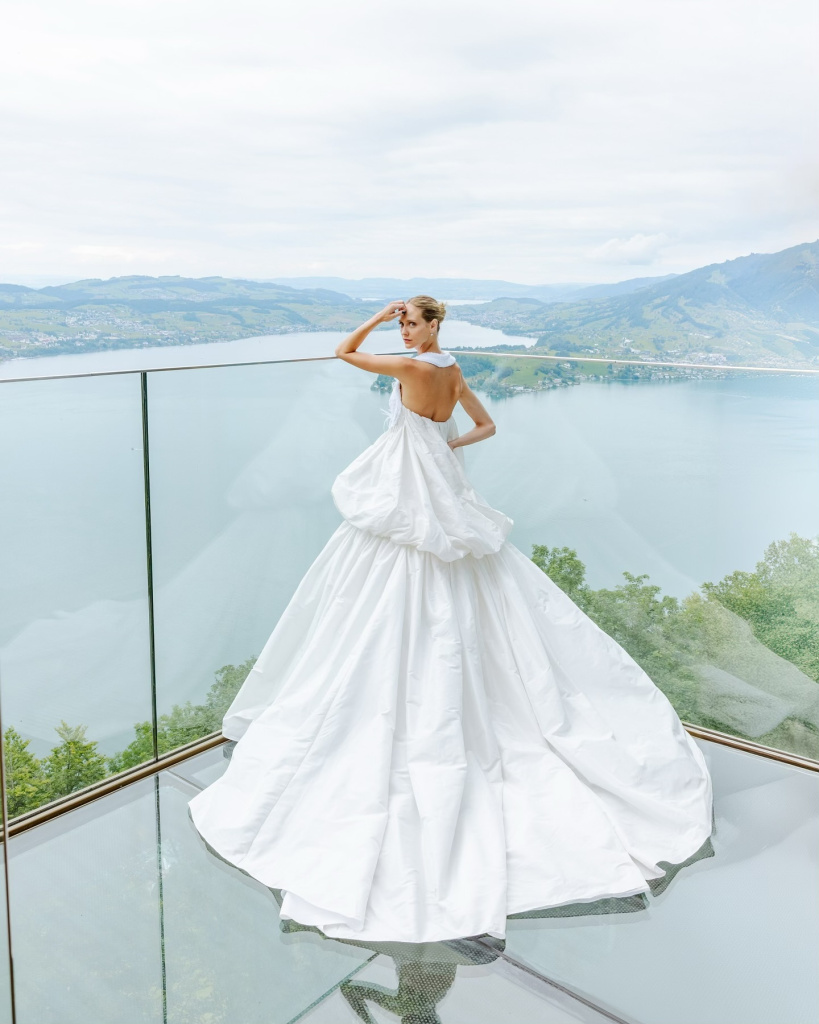
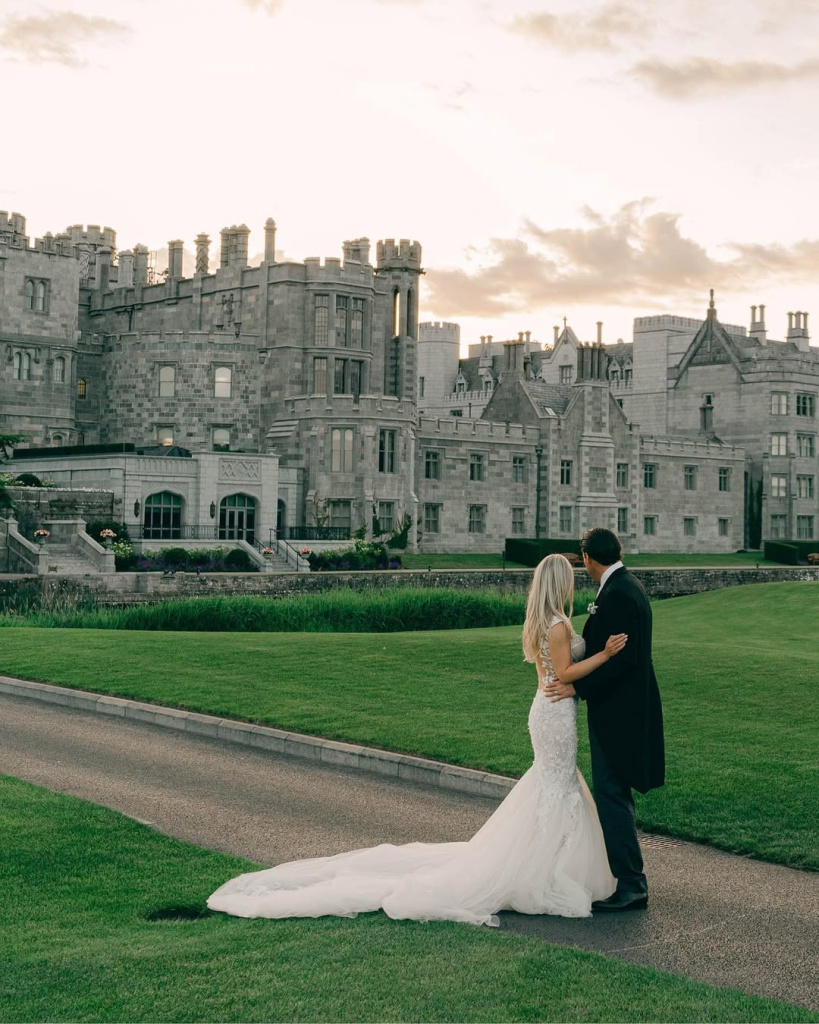
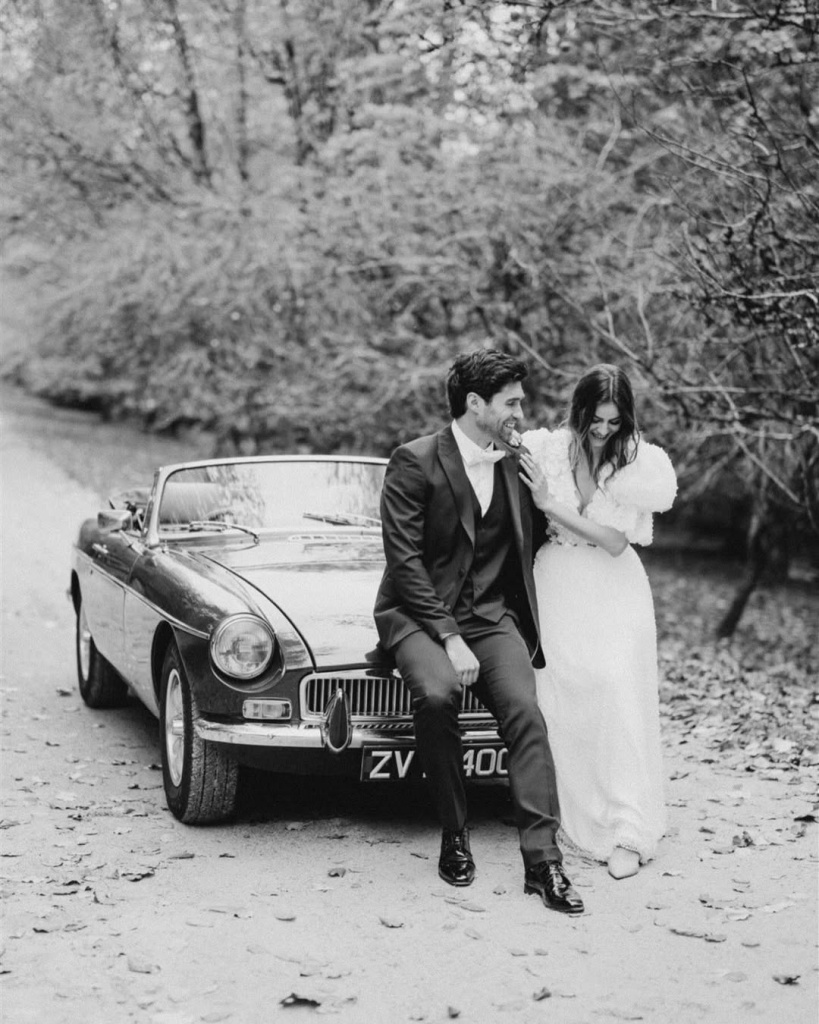
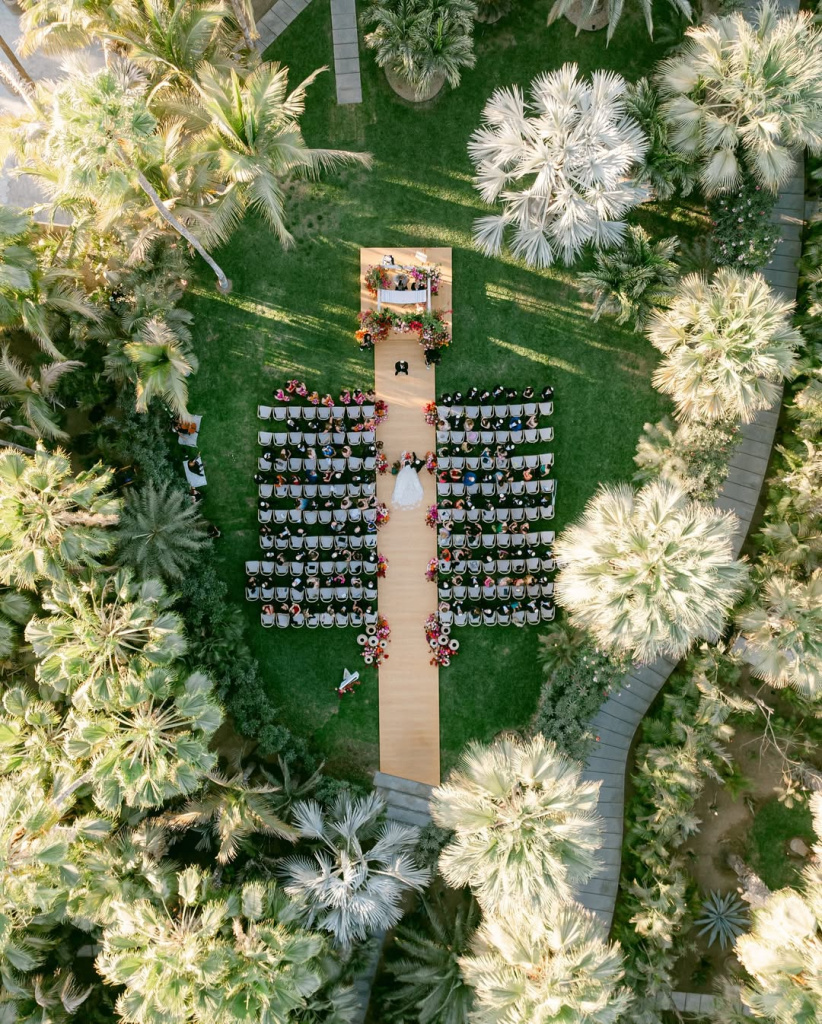
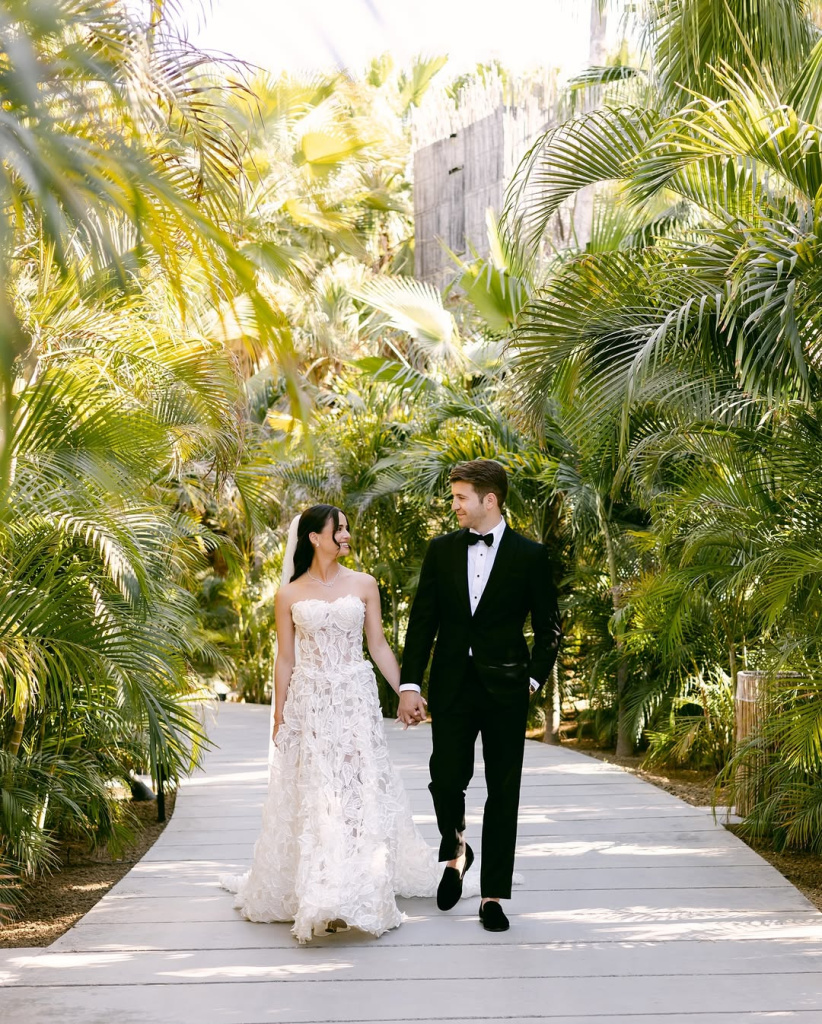
Planning an outdoor wedding can be a magical and memorable experience, allowing couples to embrace nature's beauty while creating a unique atmosphere for their special day. By considering key factors such as venue selection, weather contingencies, guest comfort, and thoughtful decor, you can ensure that every detail is well planned and executed. Ultimately, the joy of celebrating your love in a picturesque outdoor setting, surrounded by family and friends, will create lasting memories that you and your guests will cherish forever. Embrace the opportunity to personalize your outdoor wedding and let the enchanting backdrop of nature amplify the romance and joy of your celebration.







